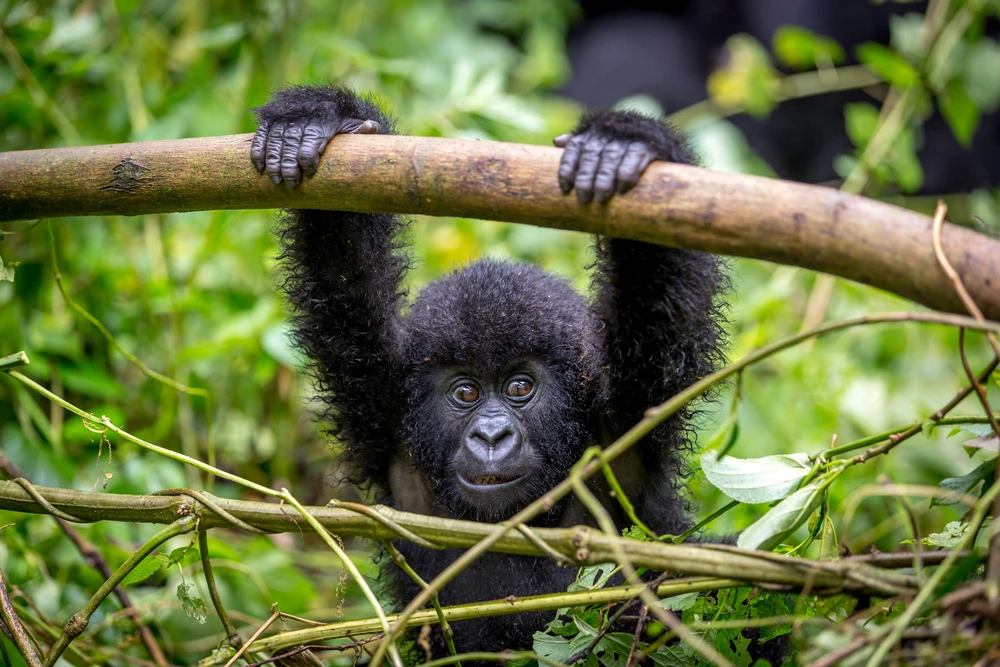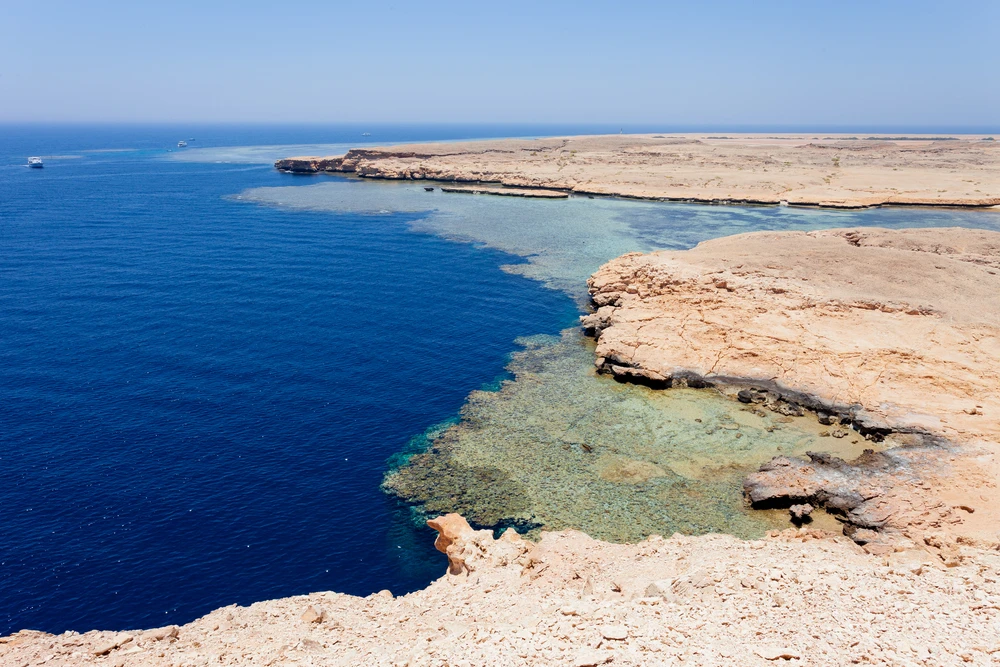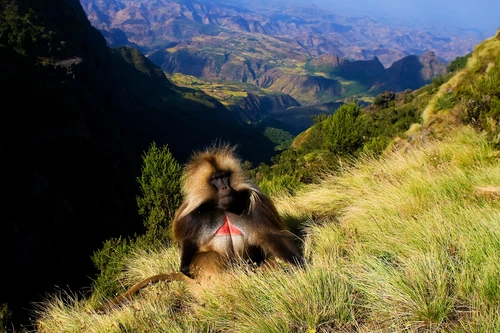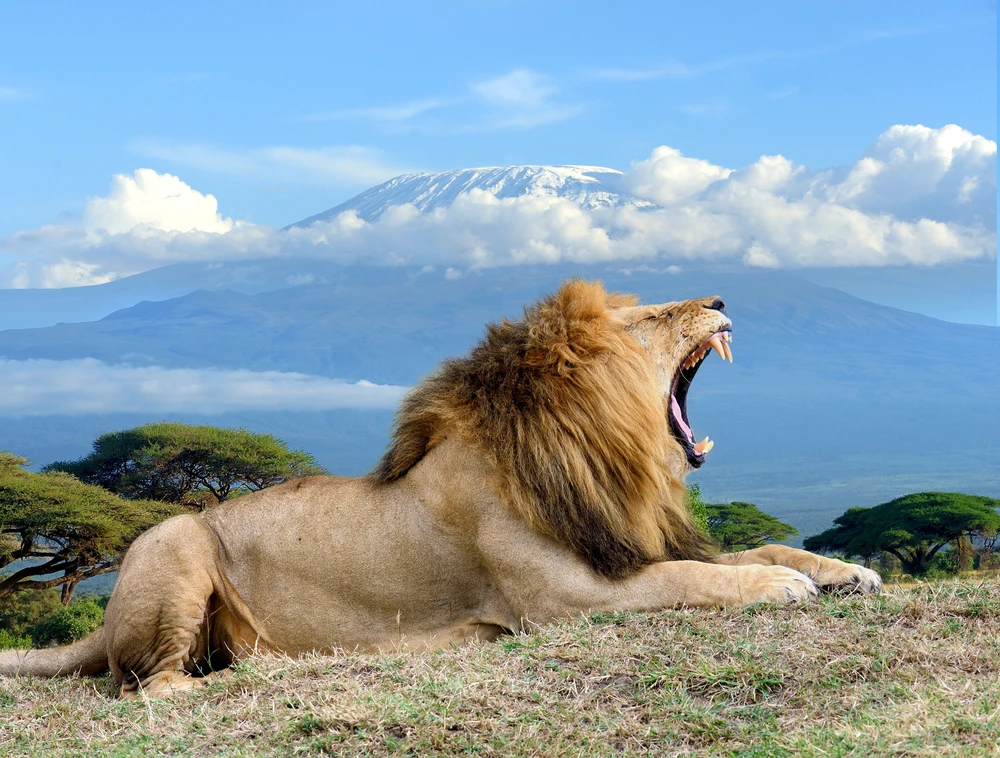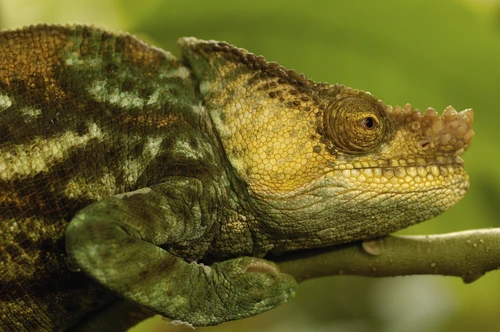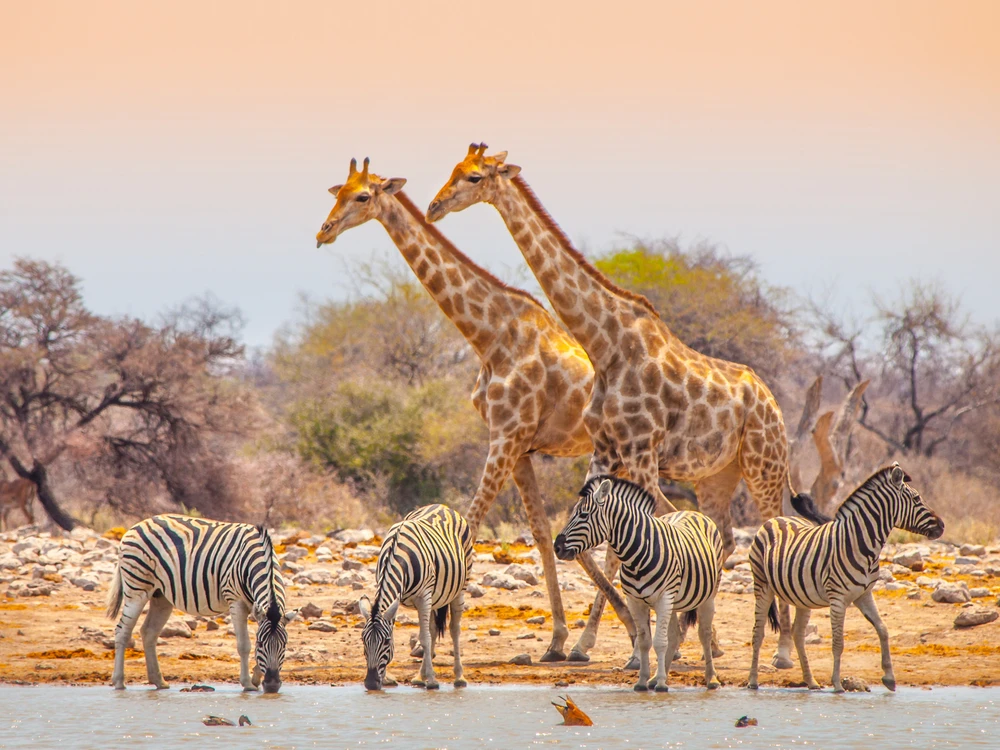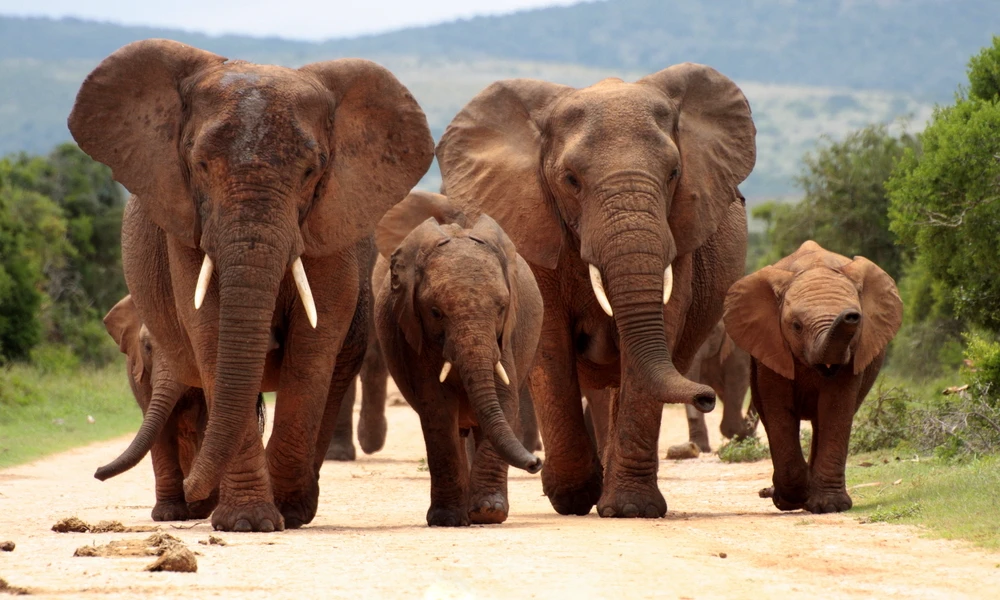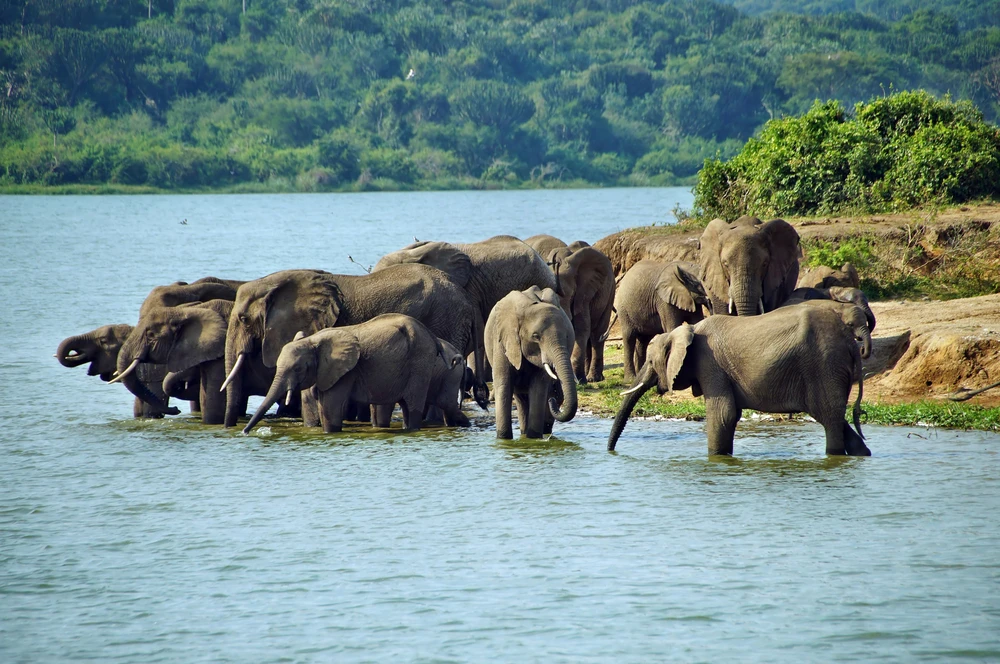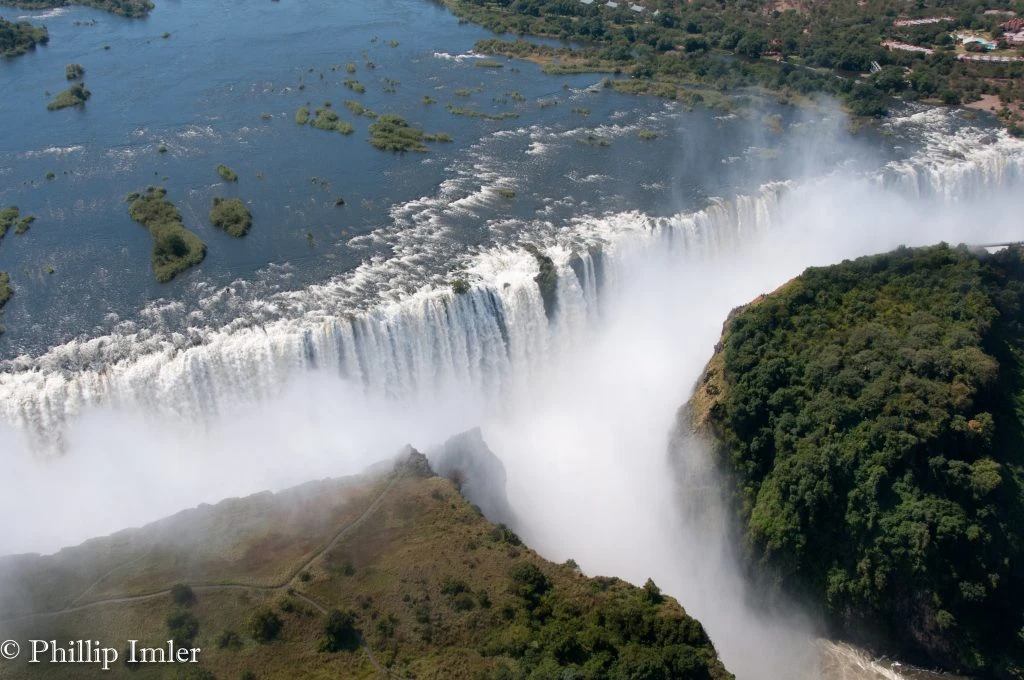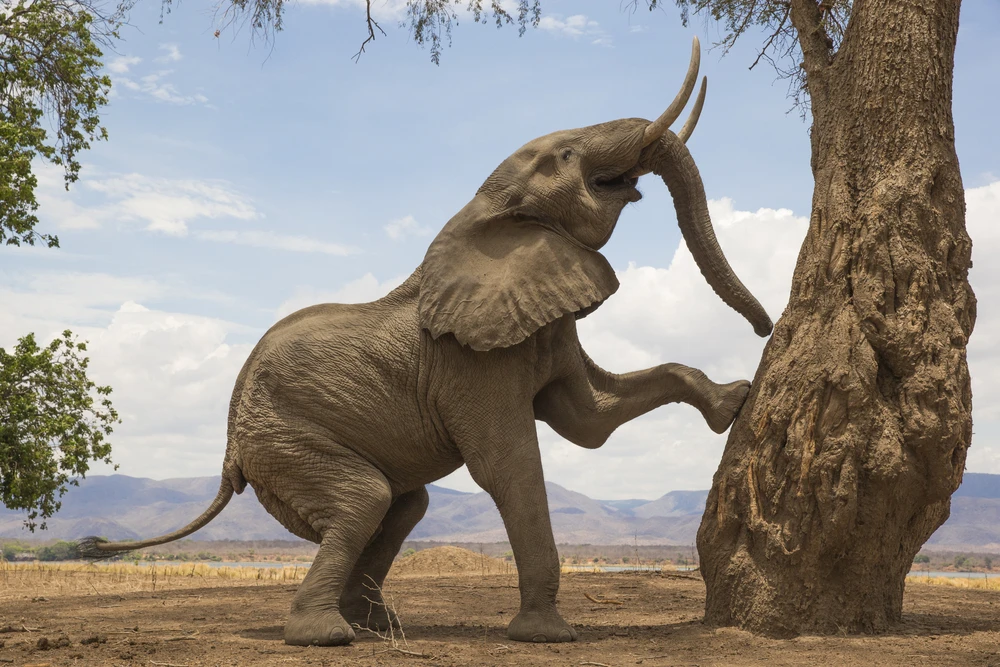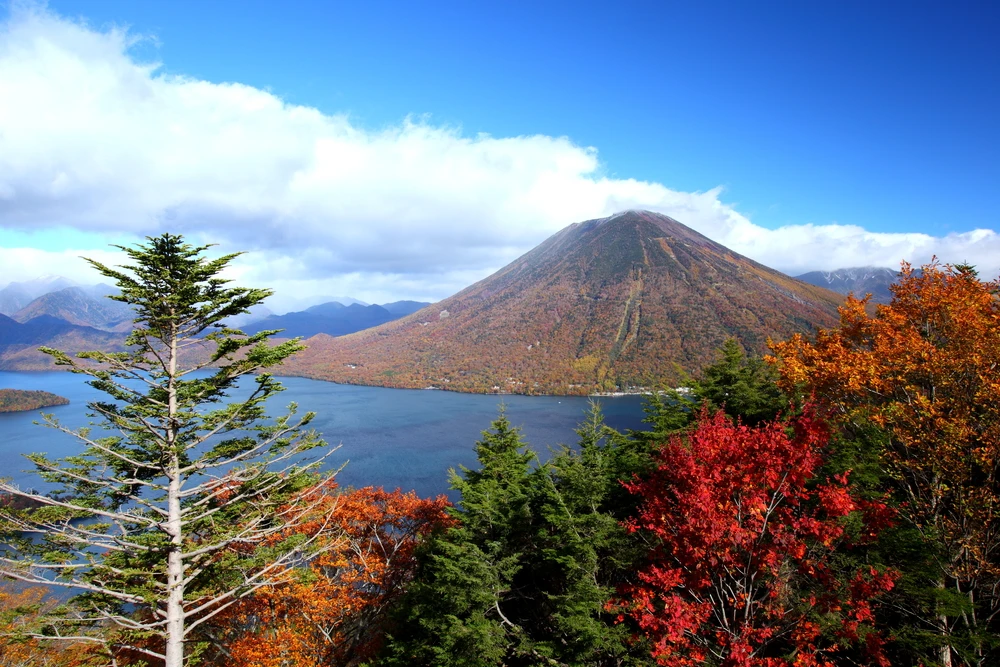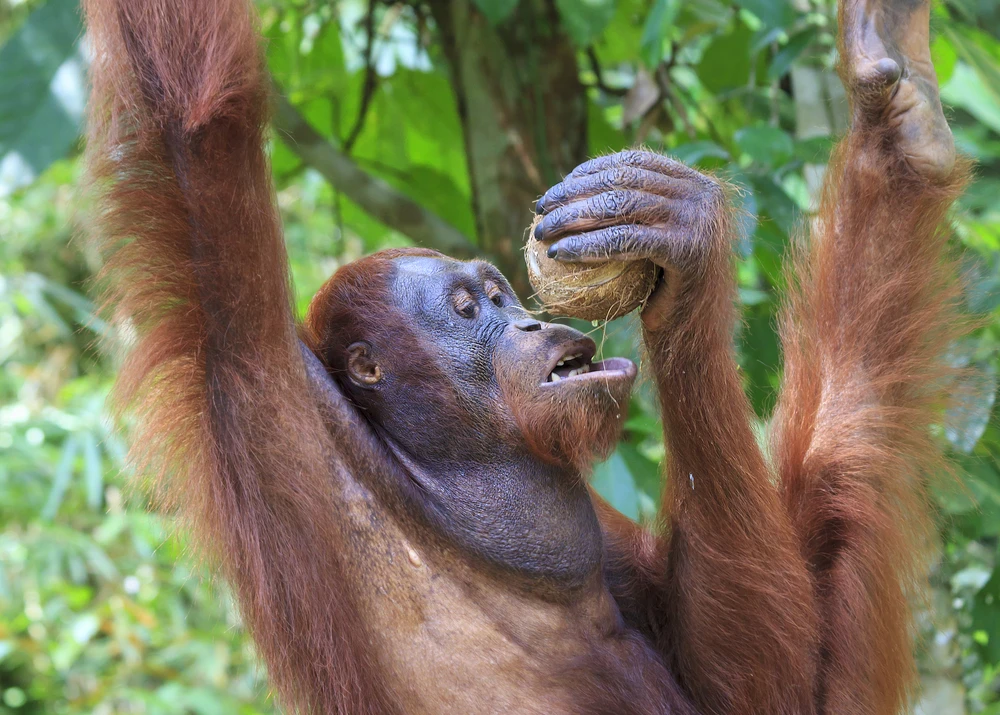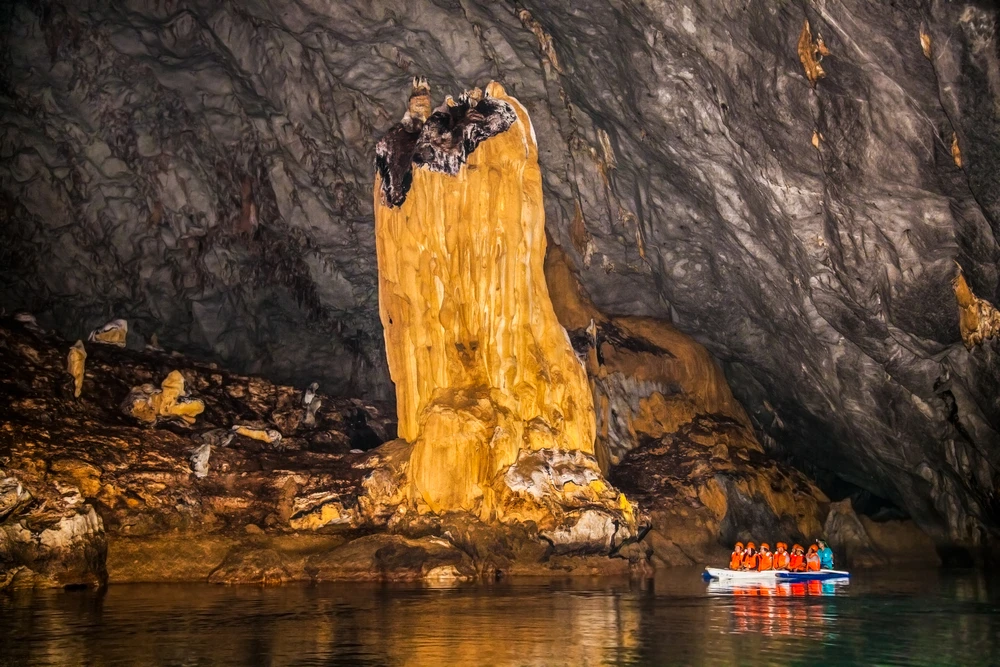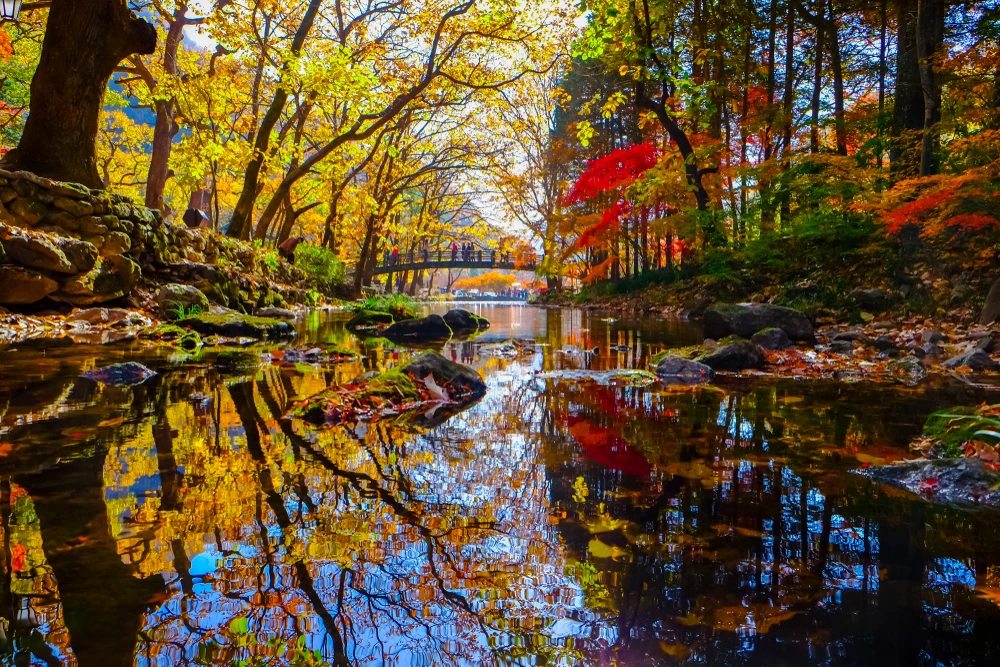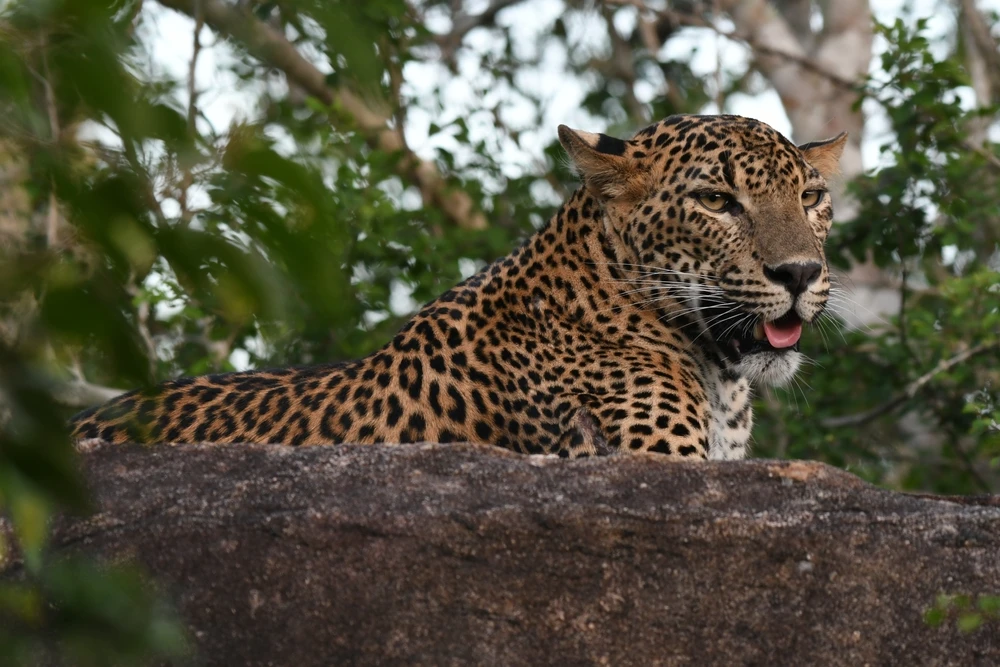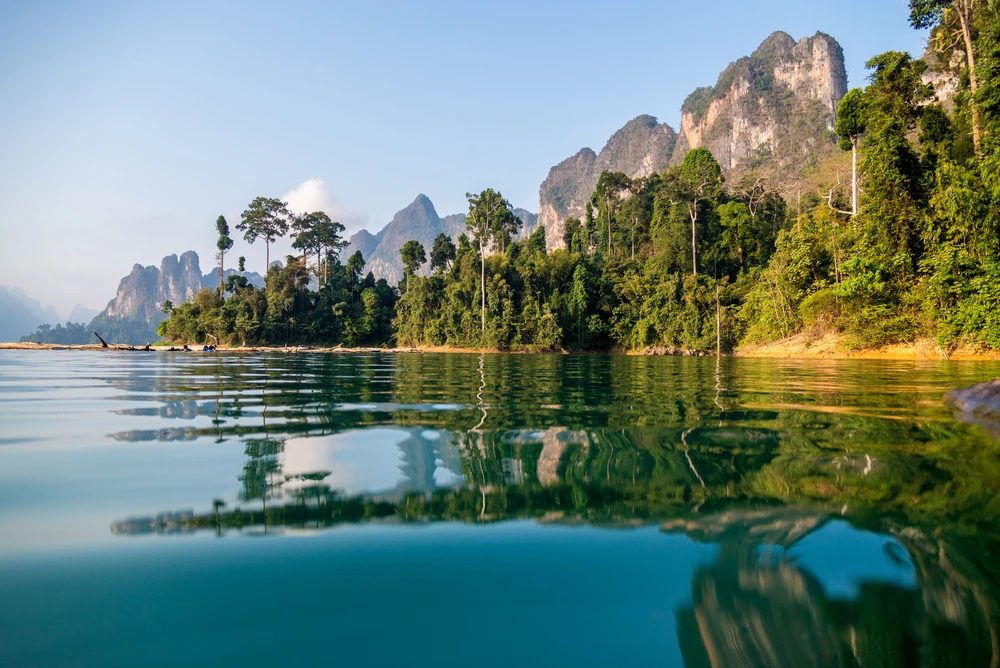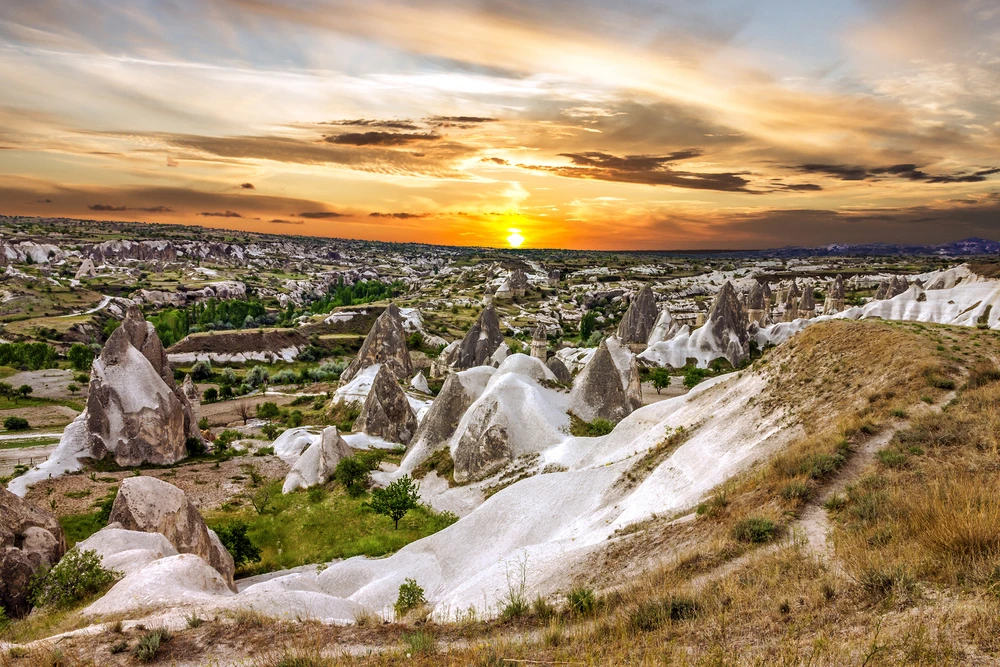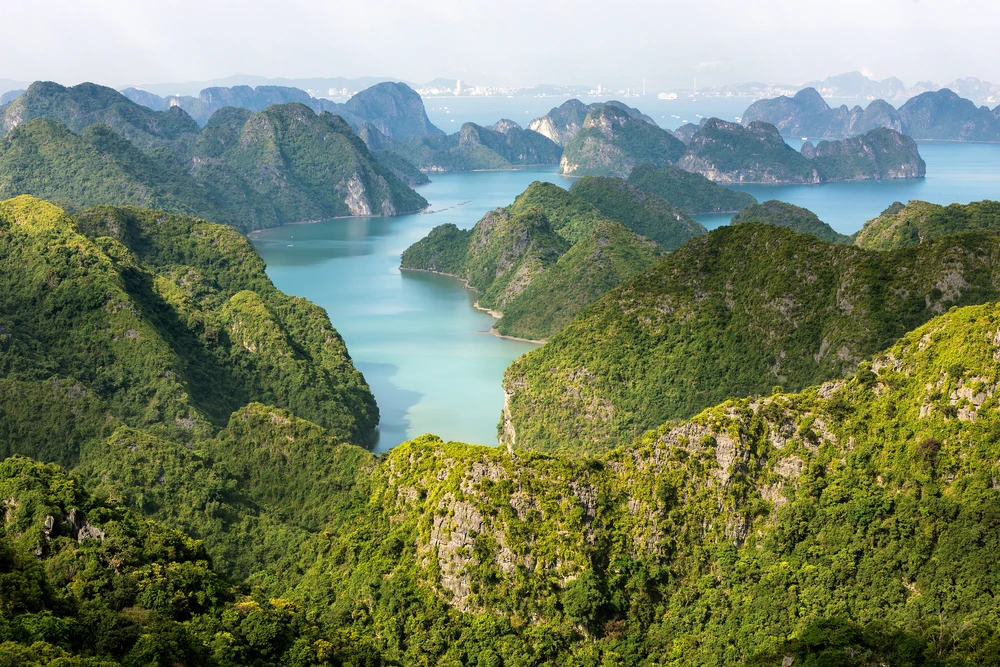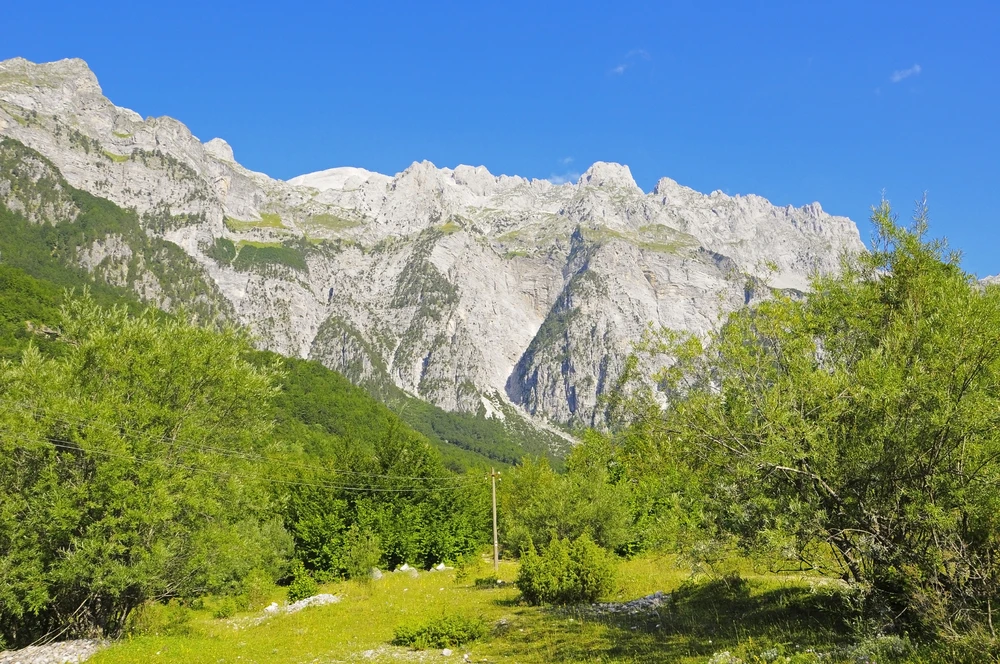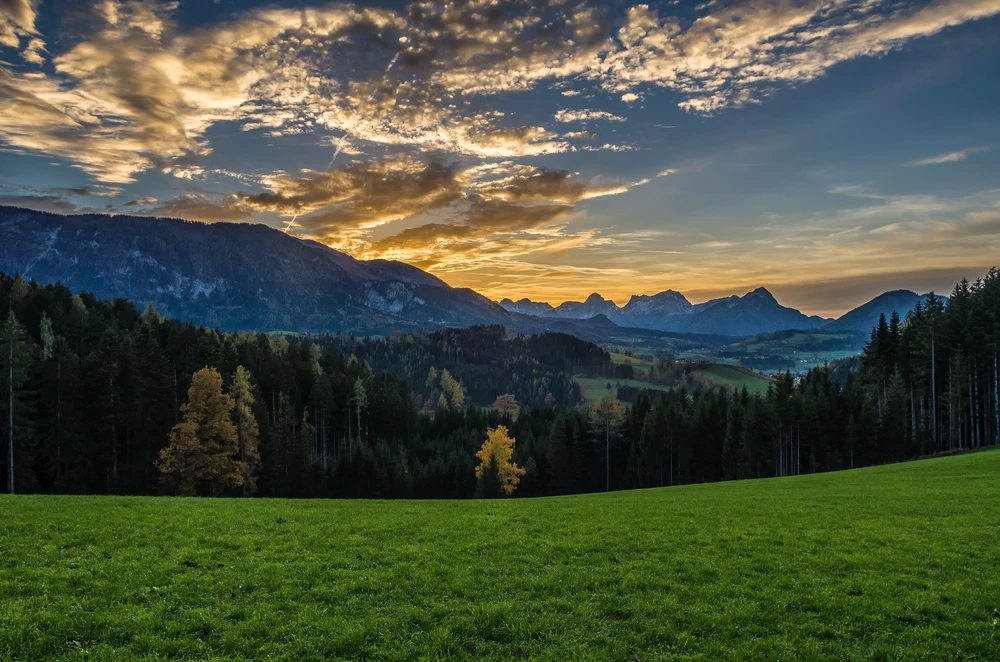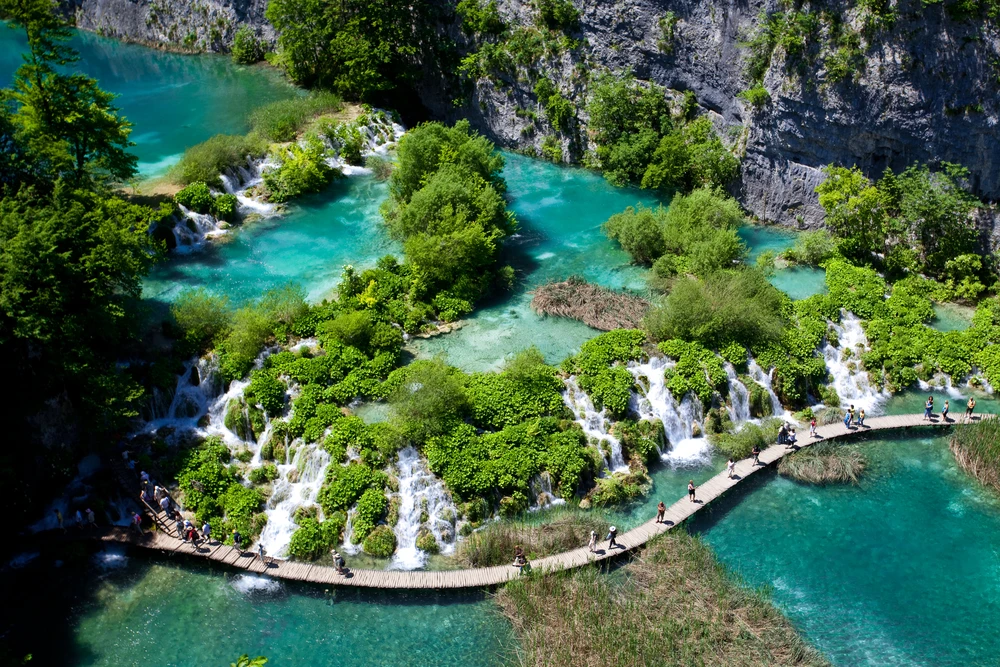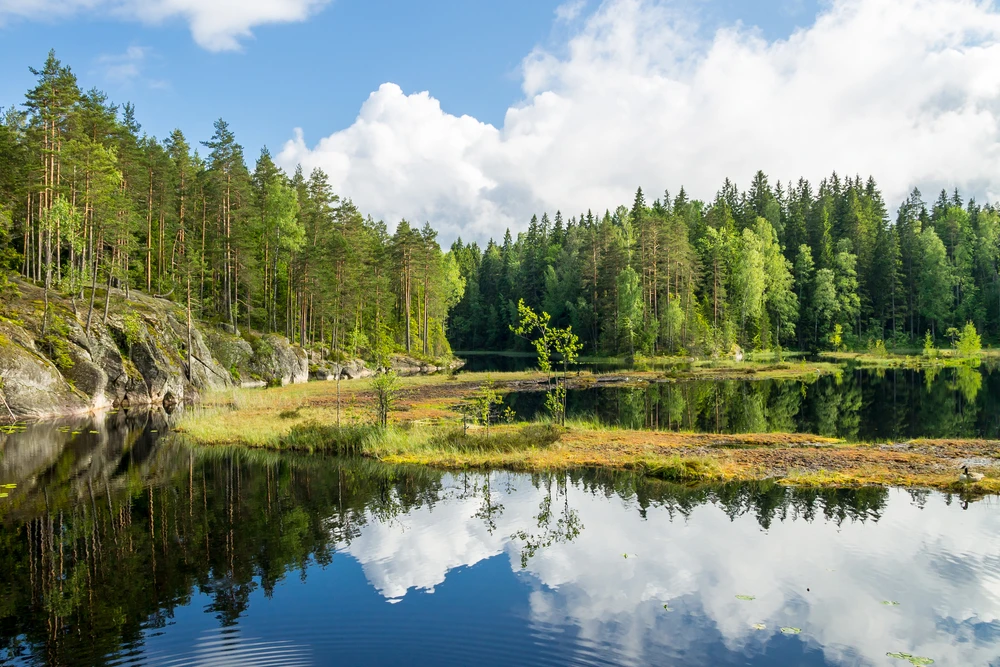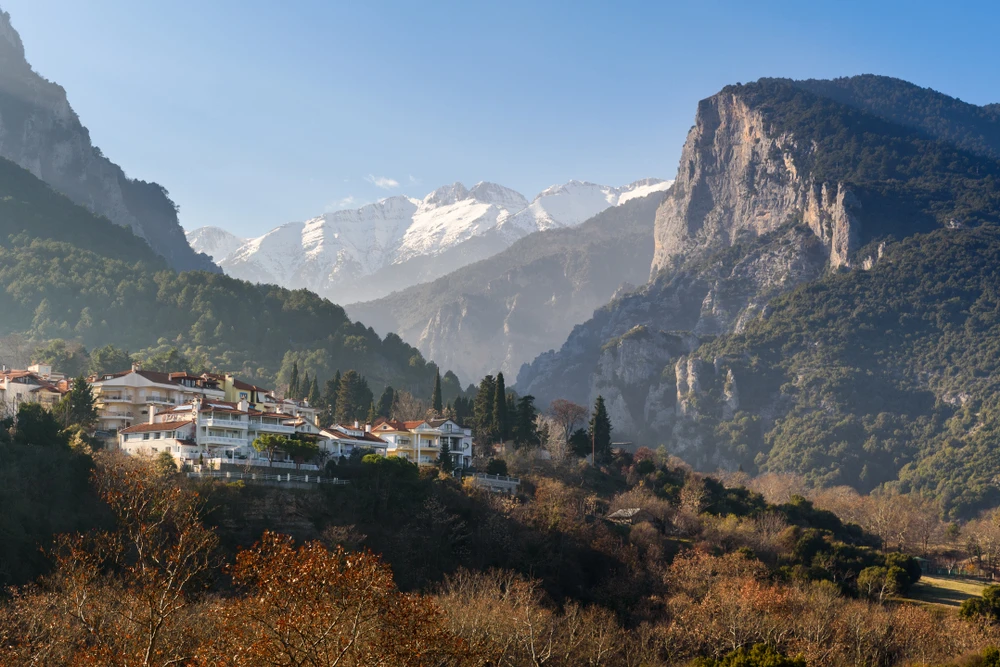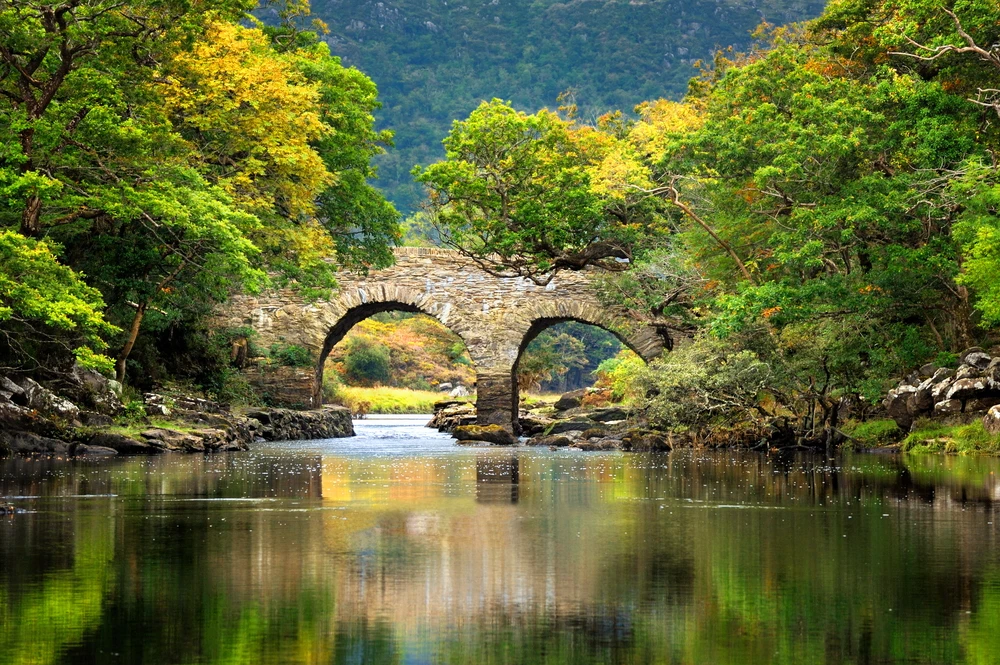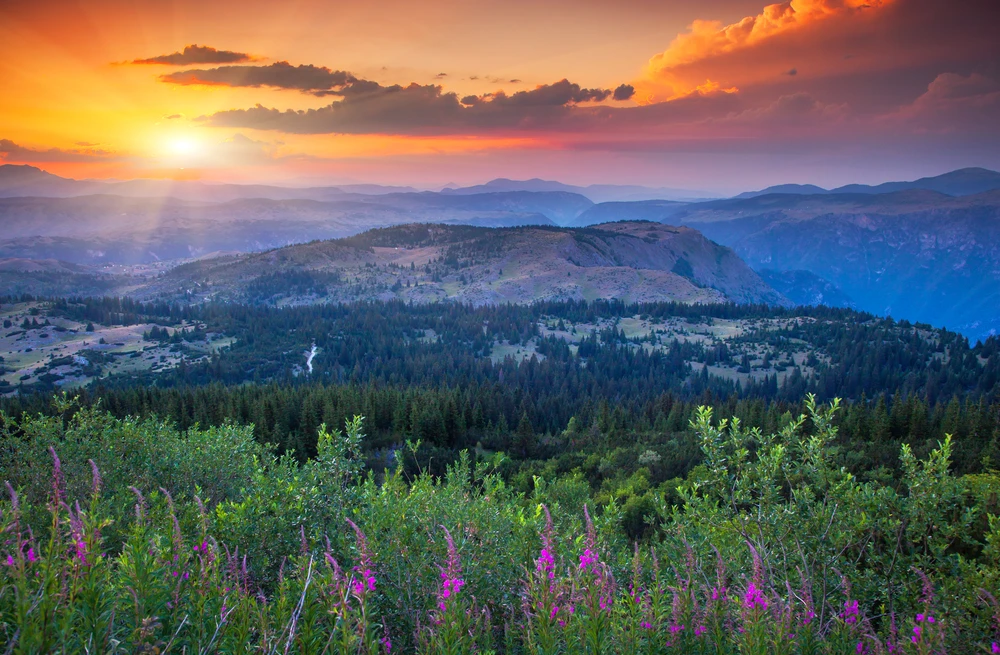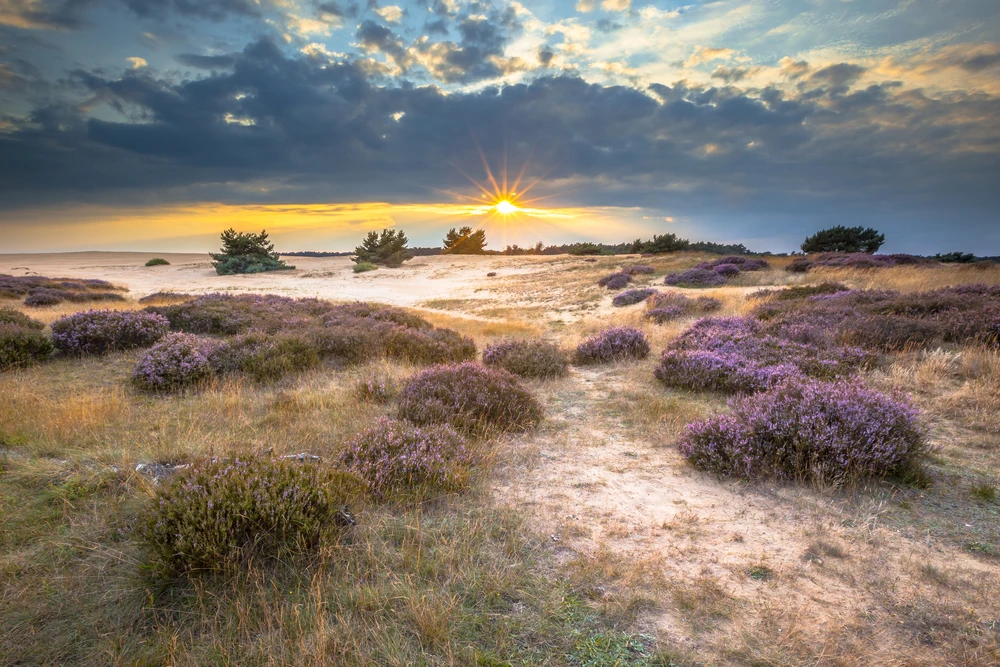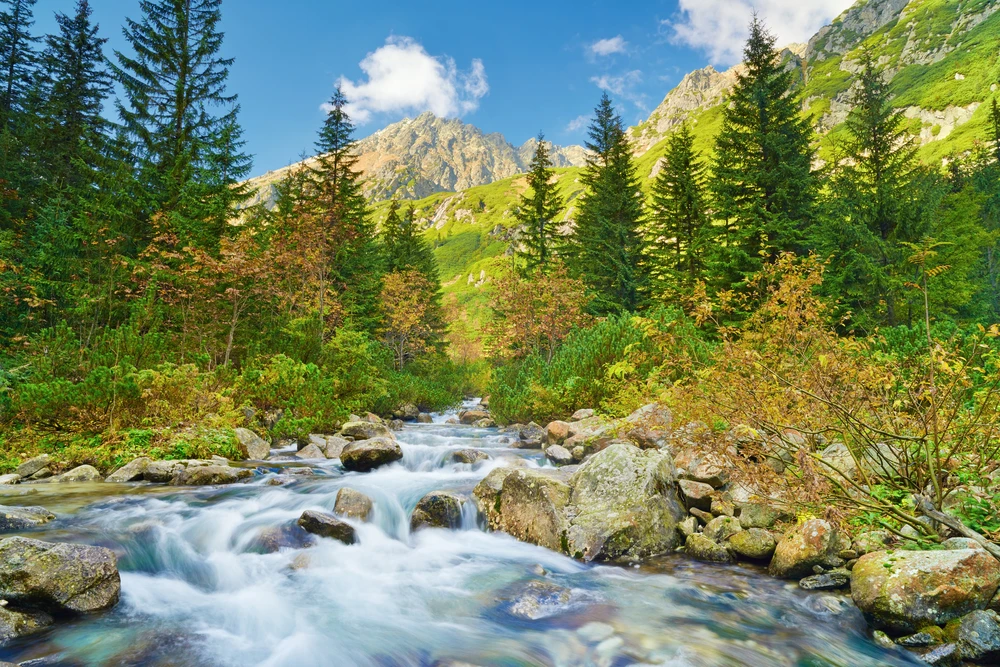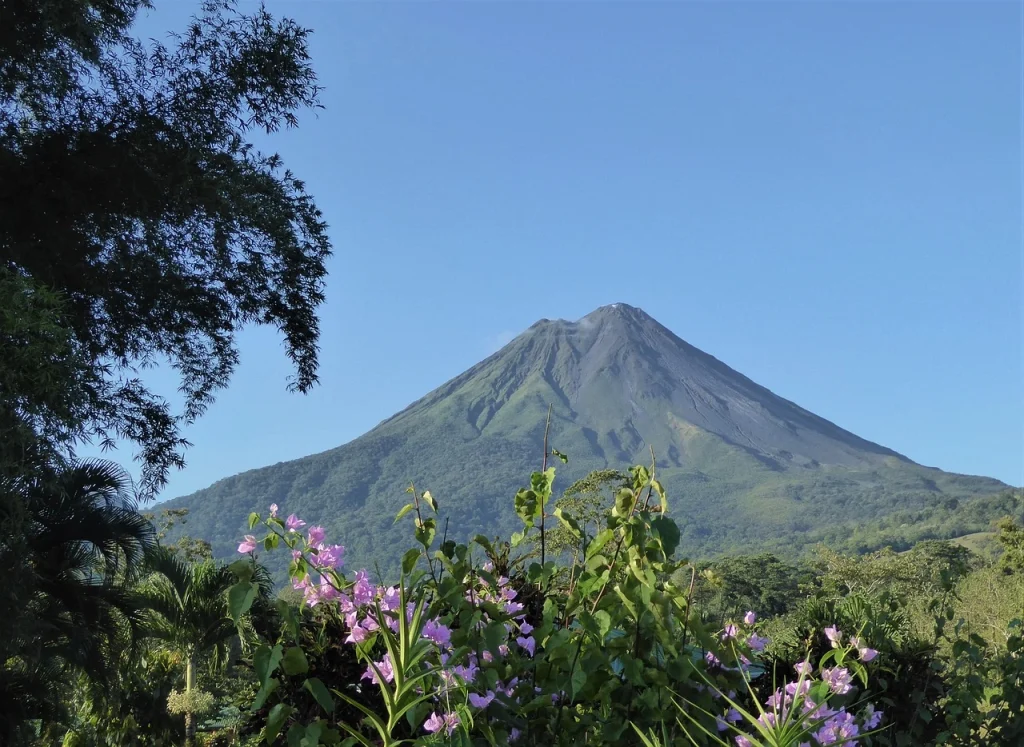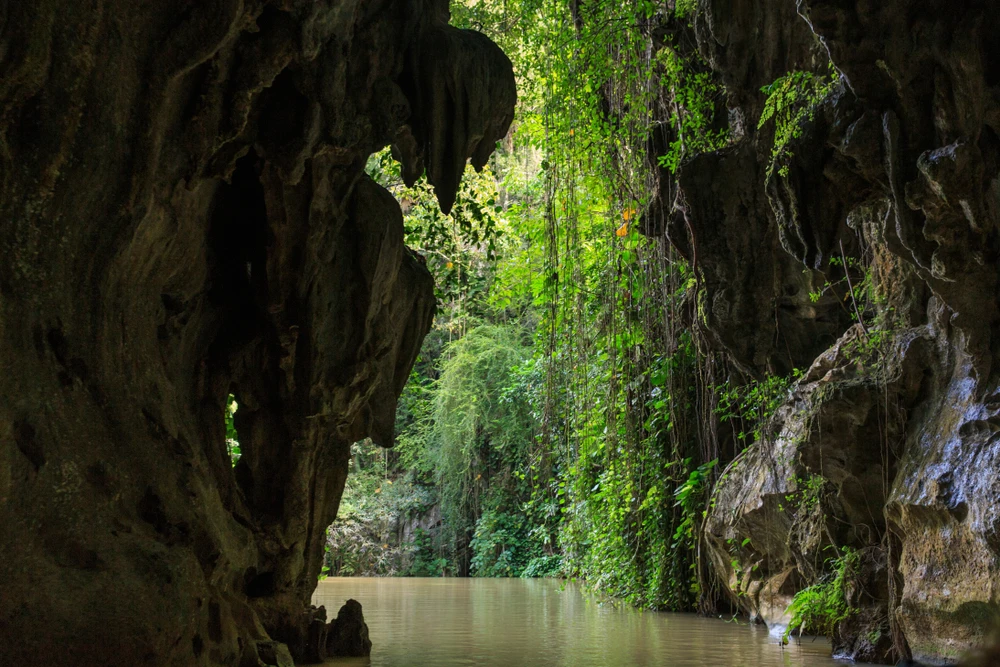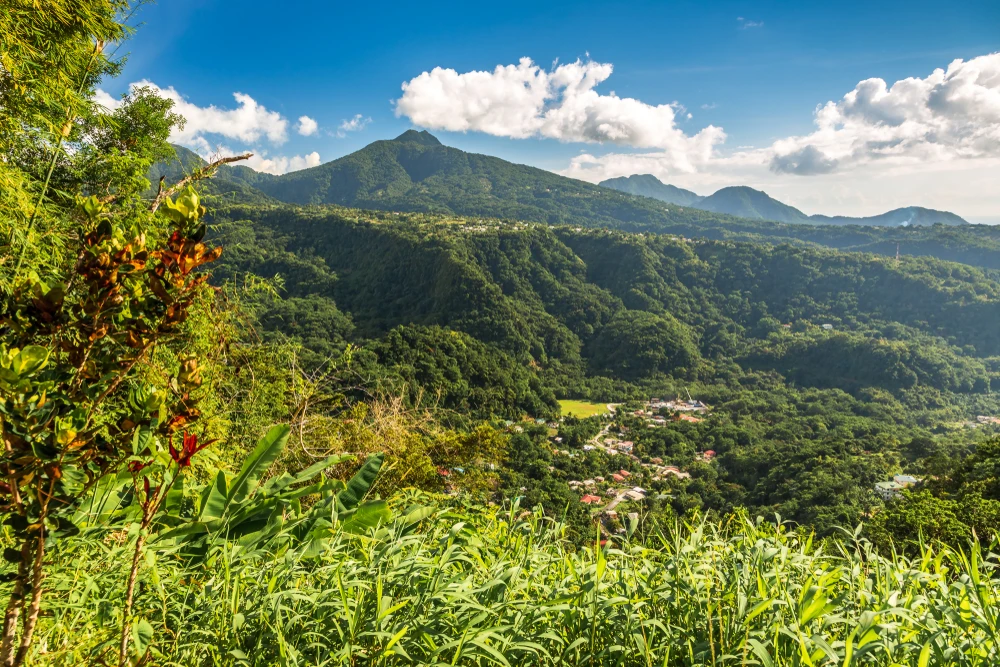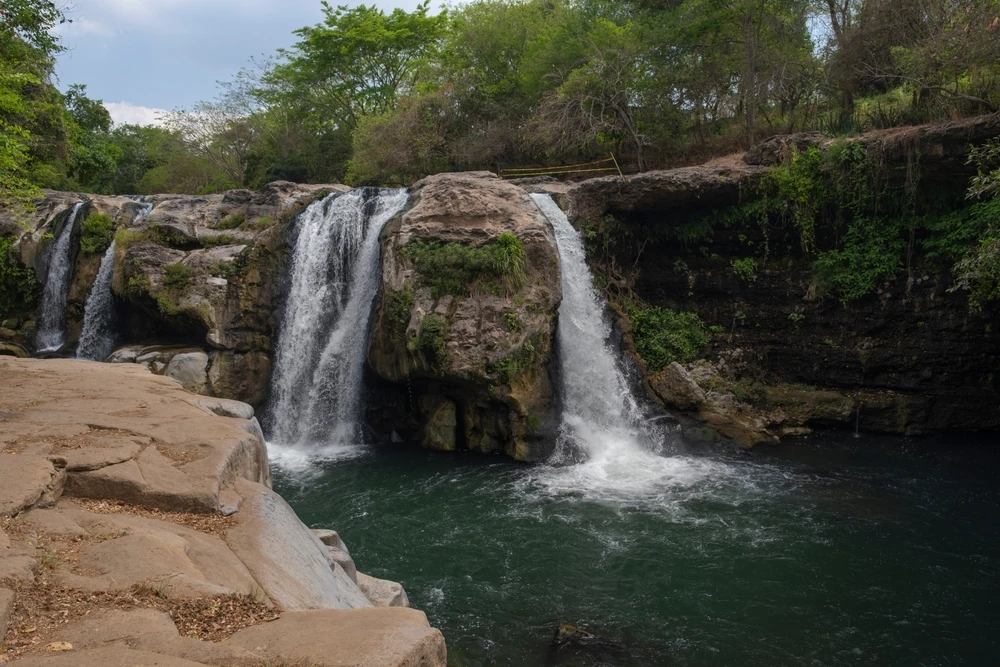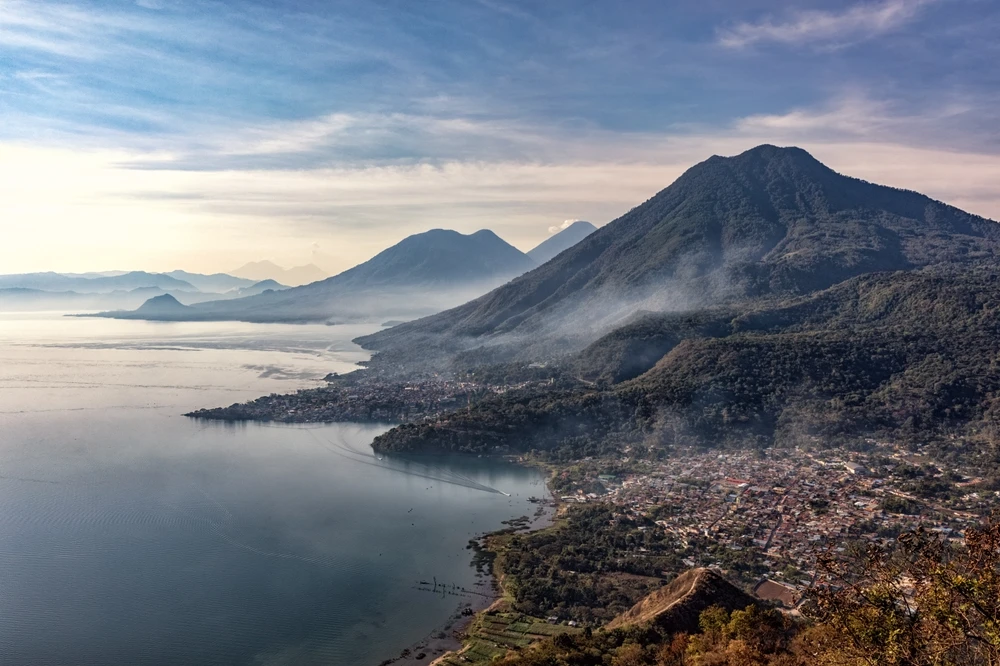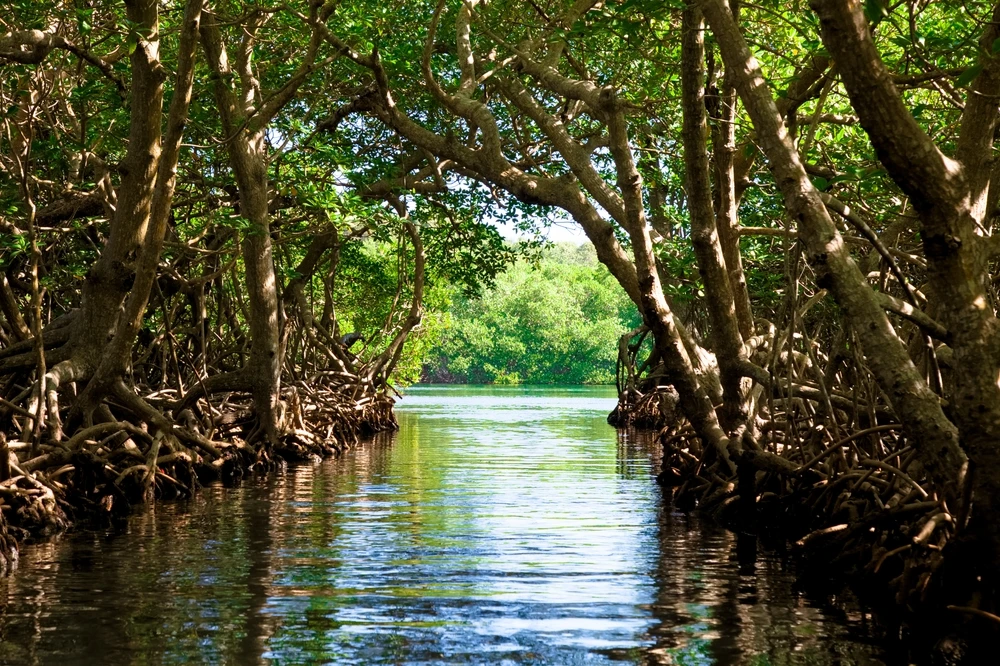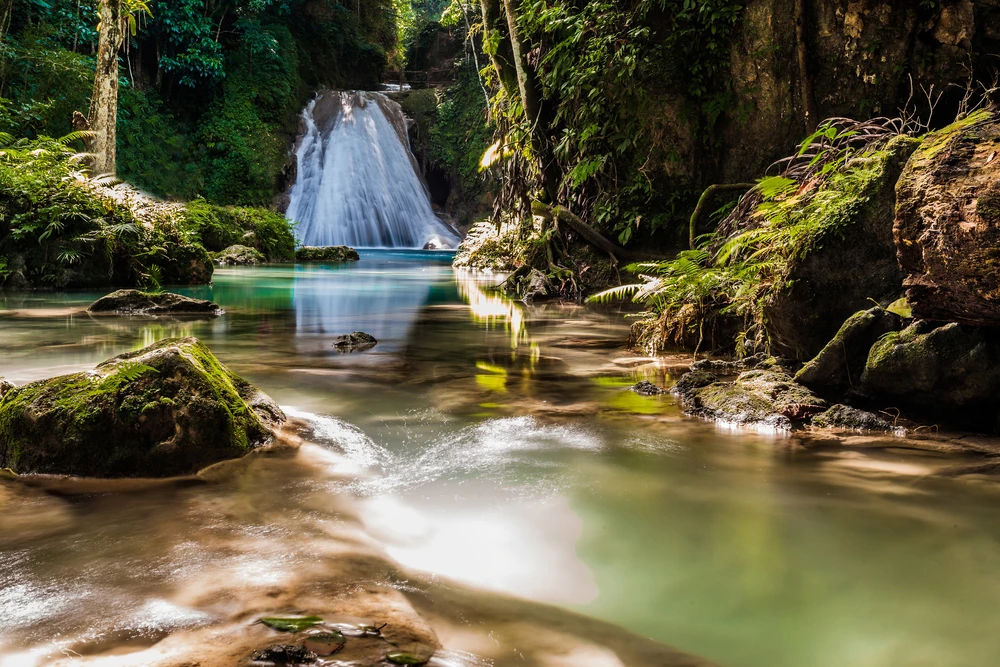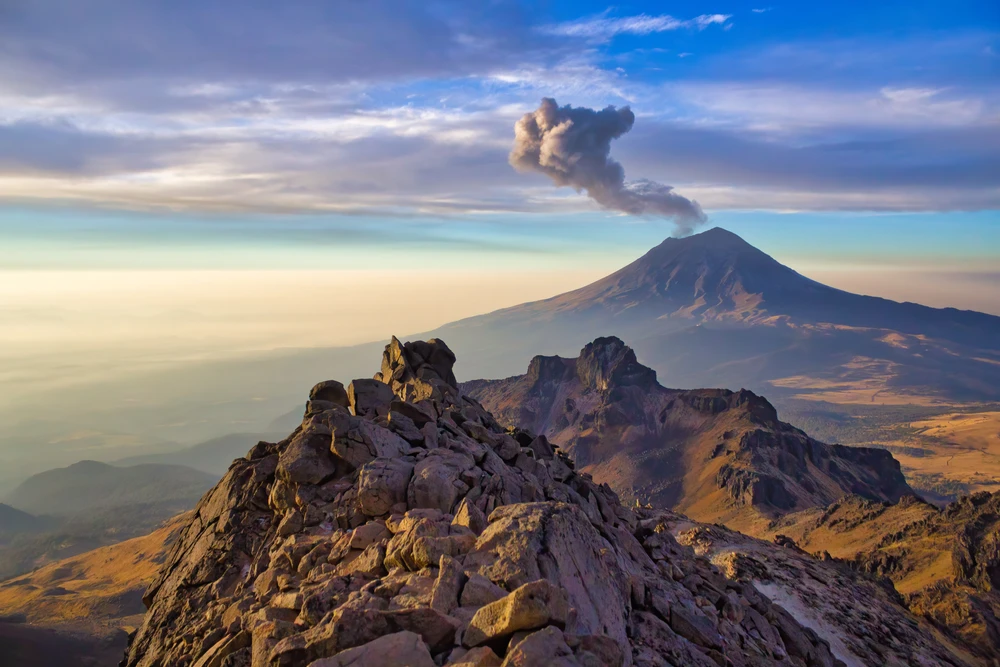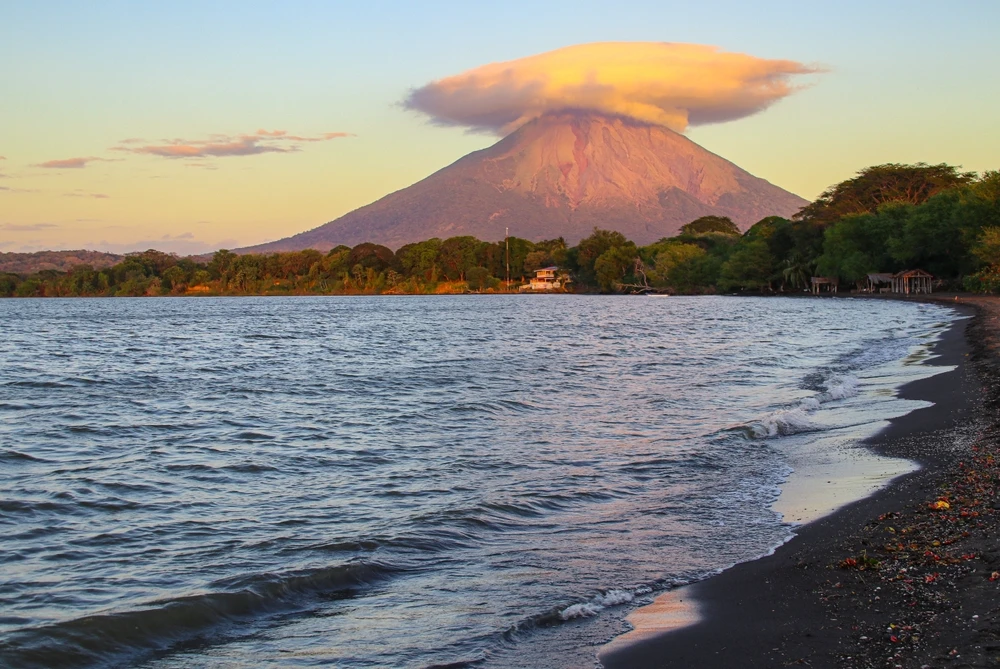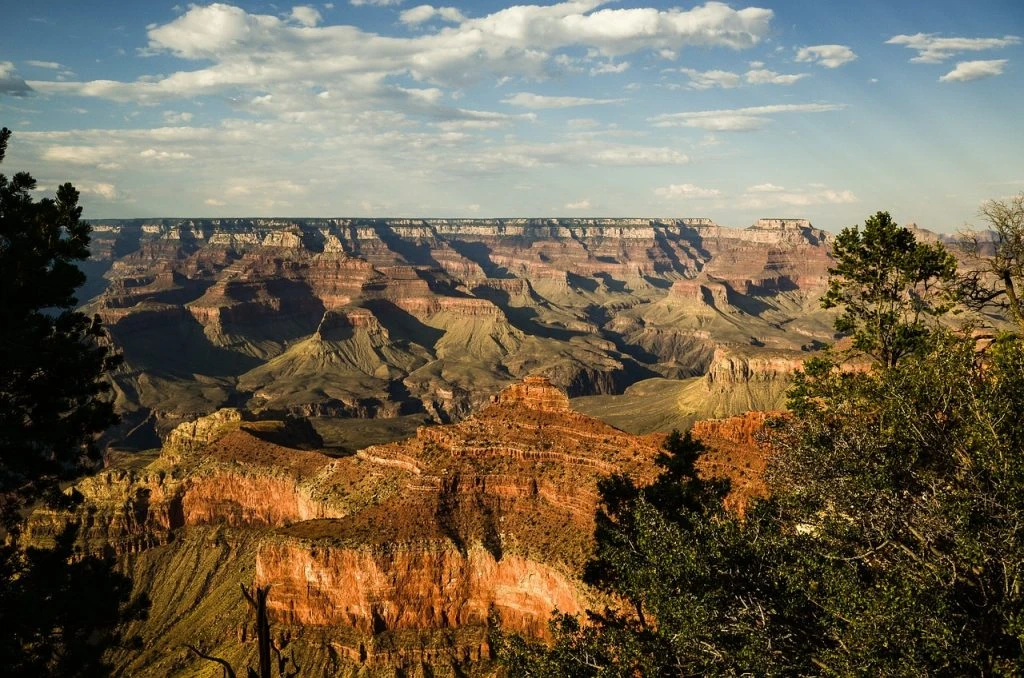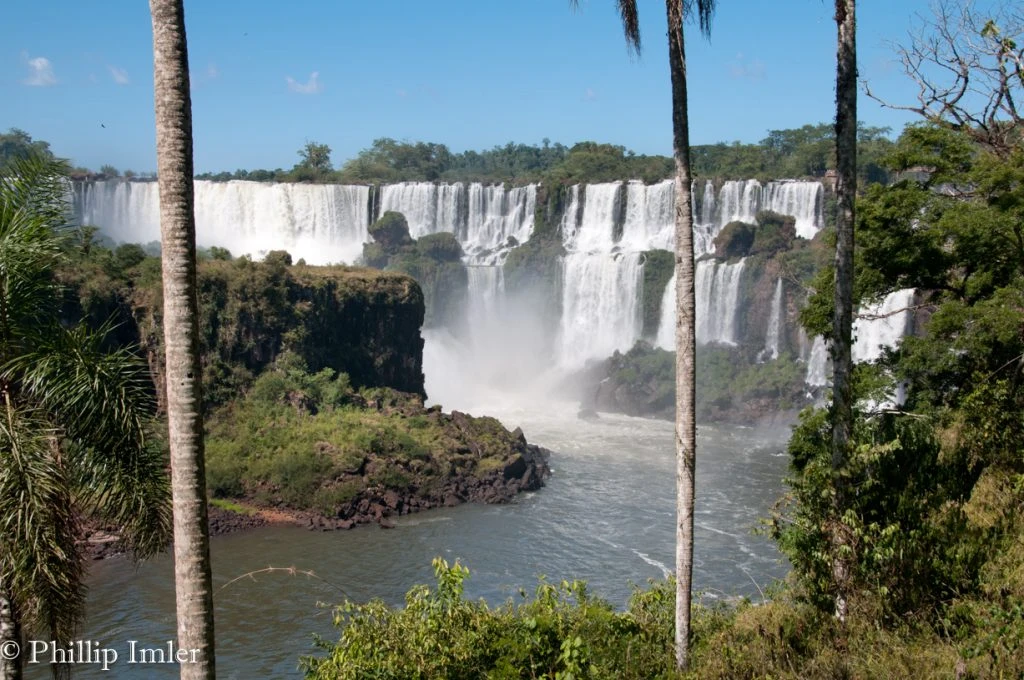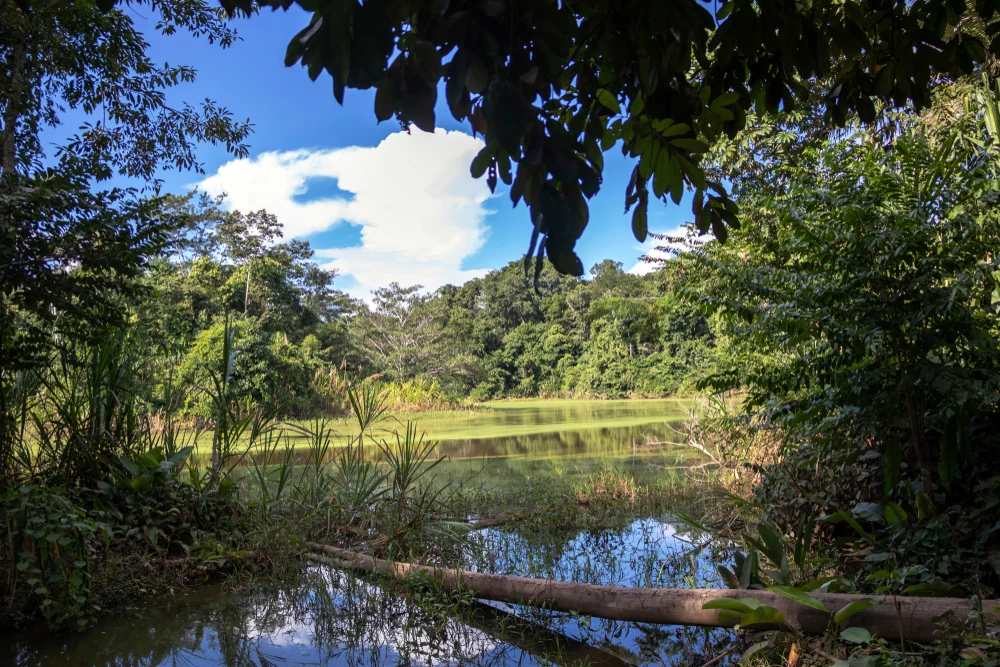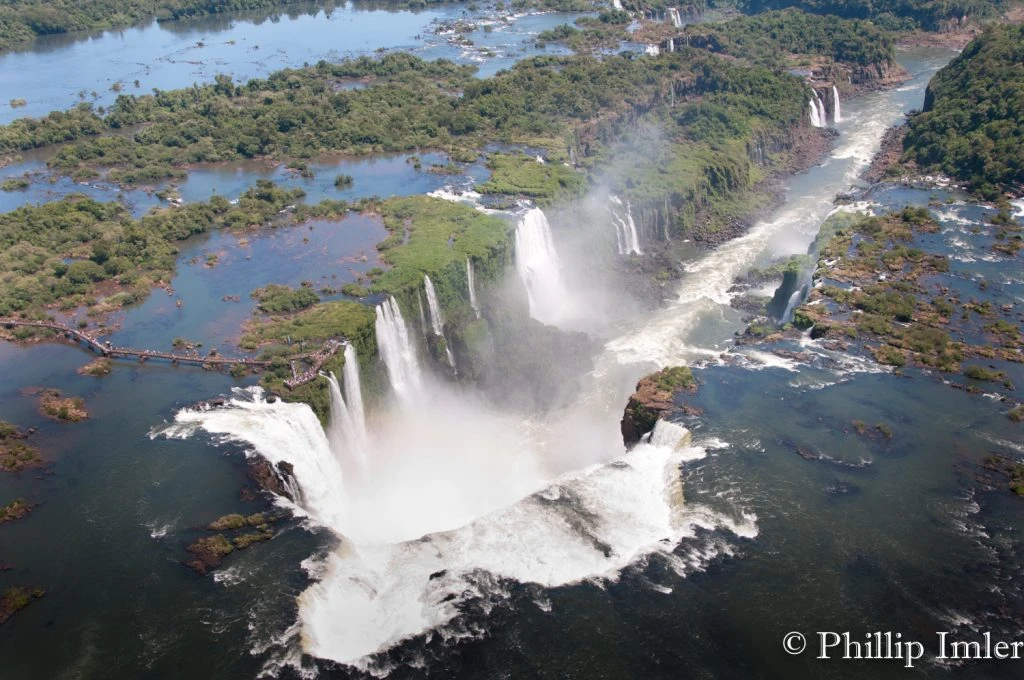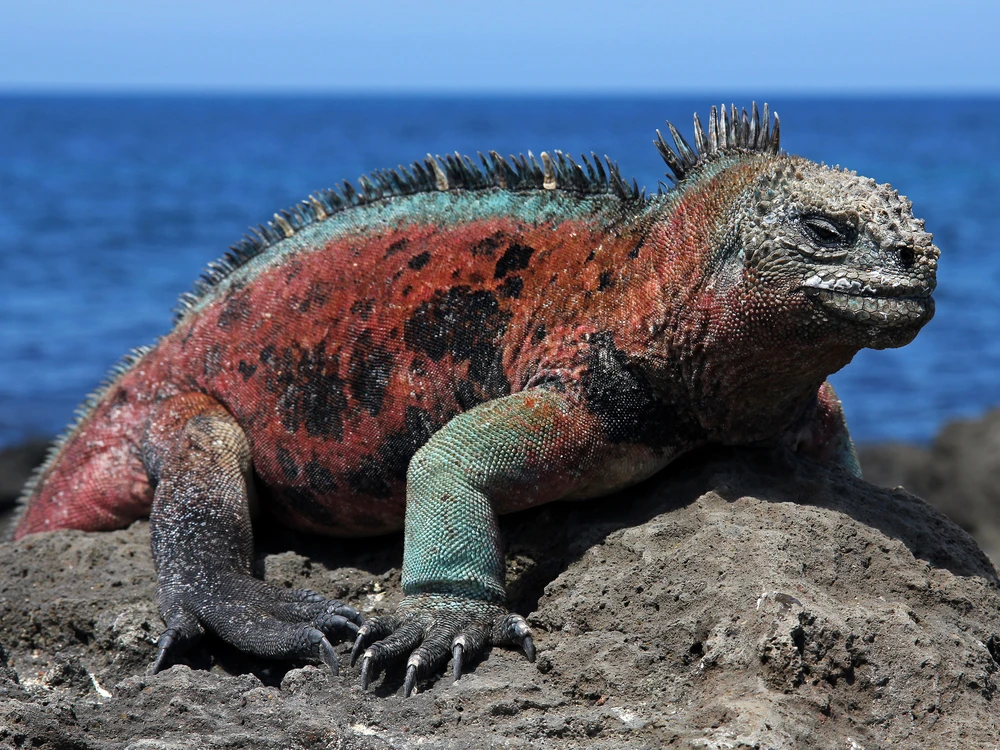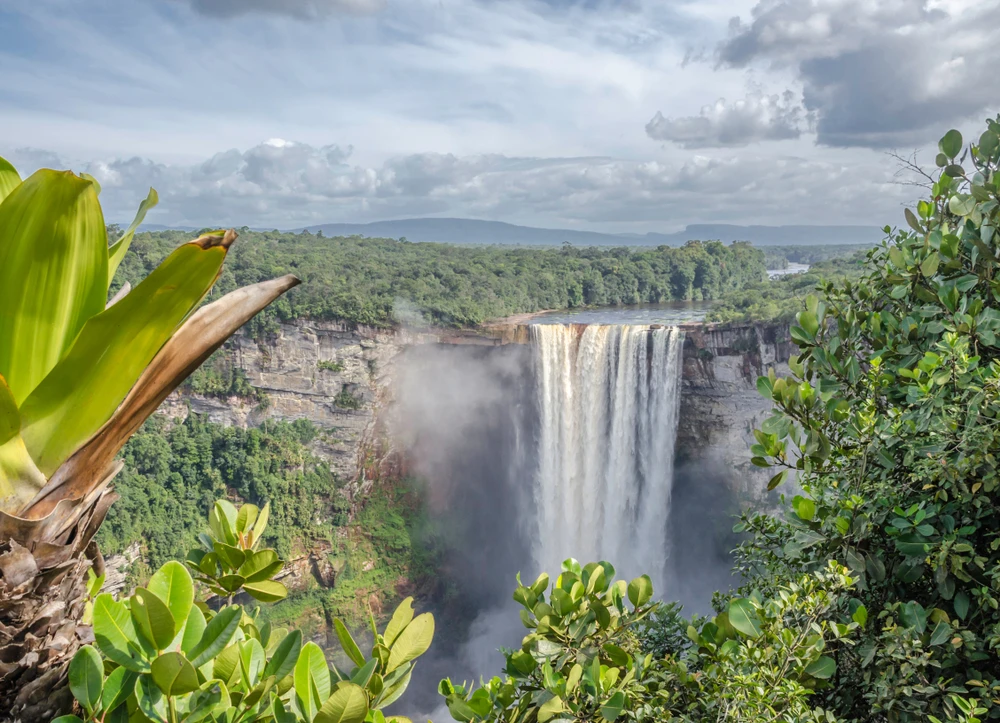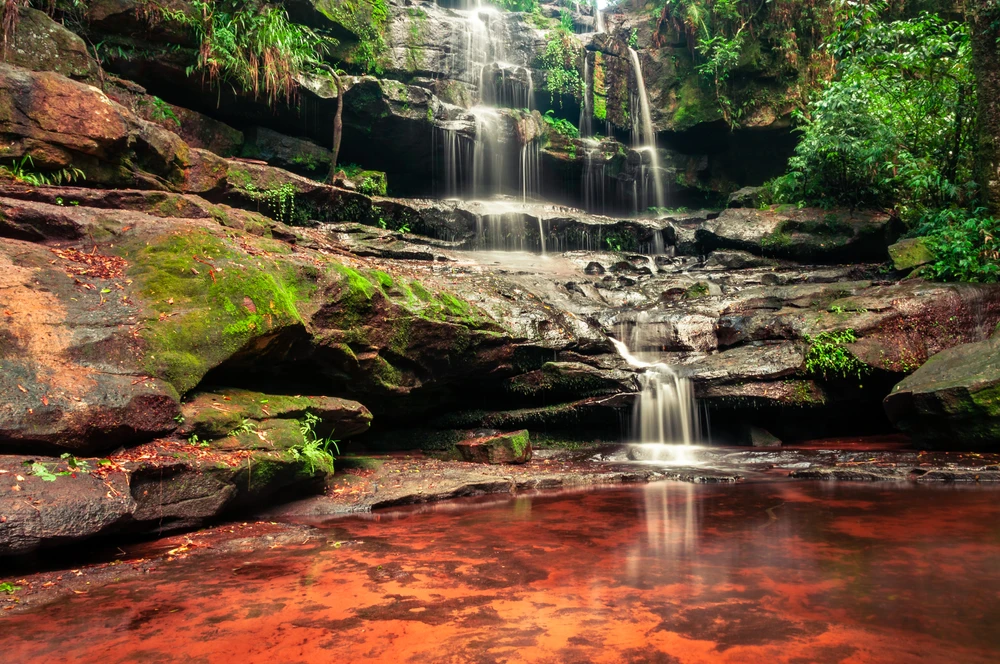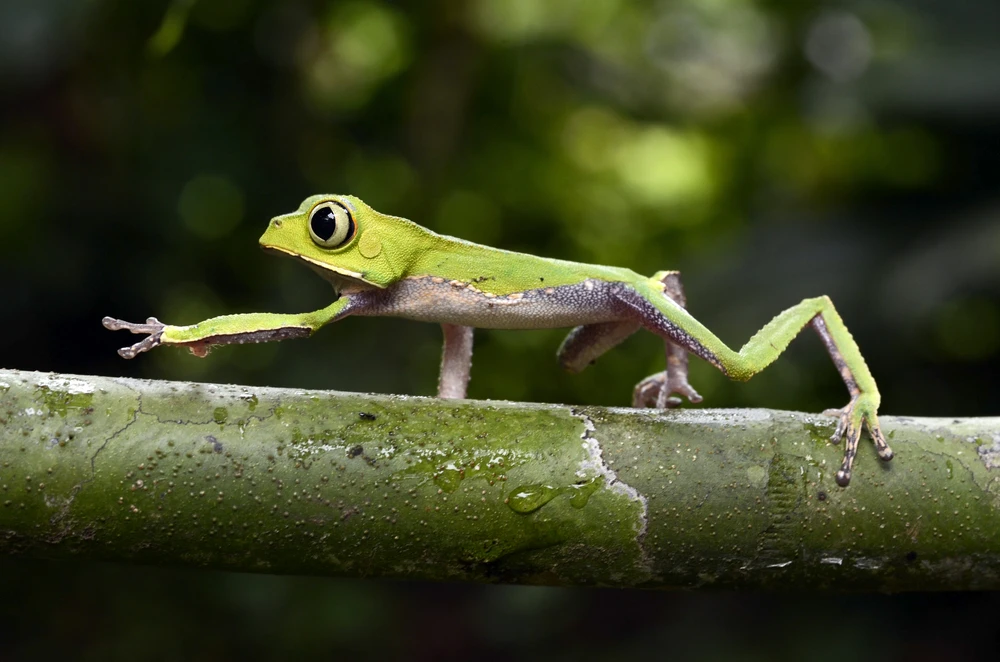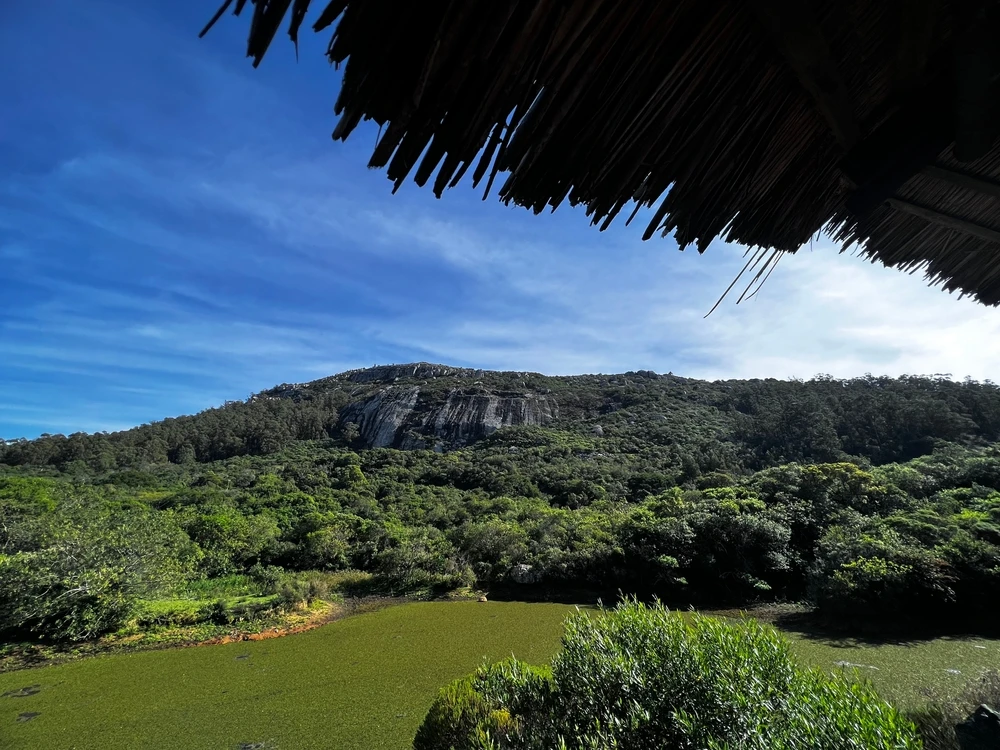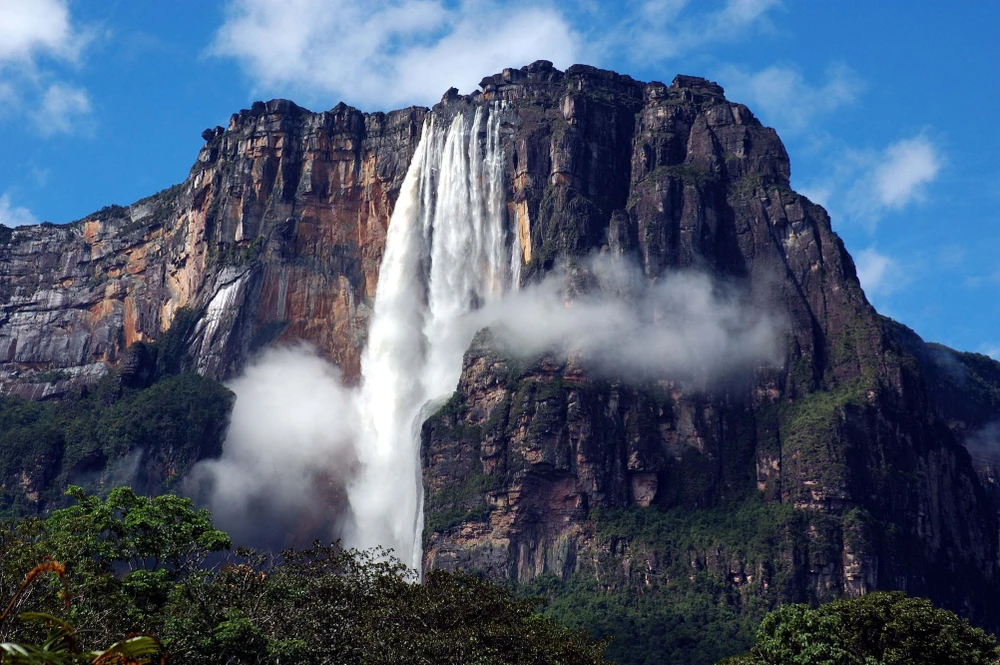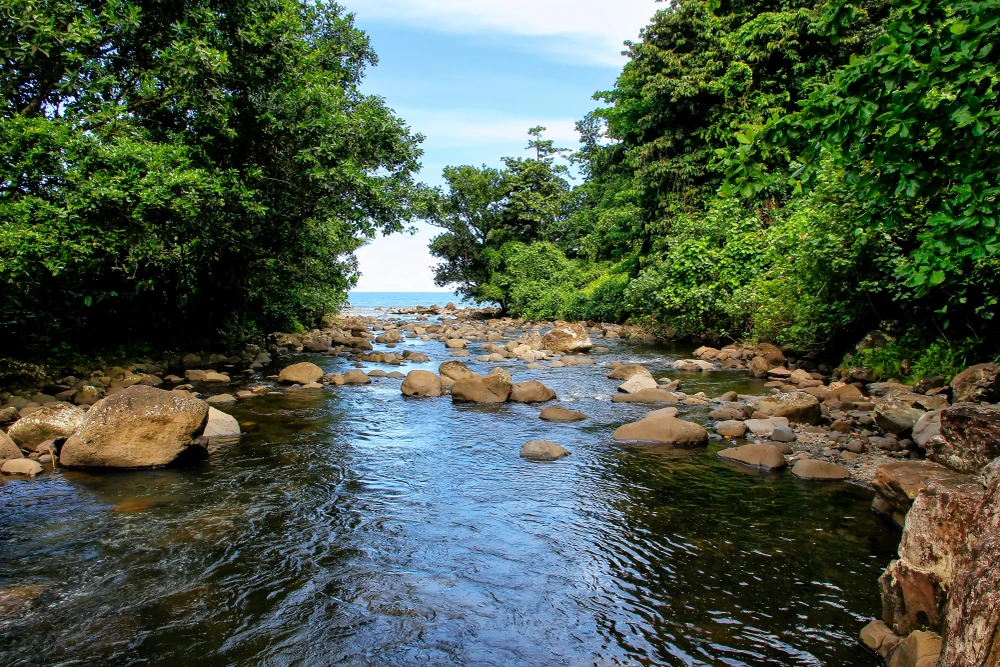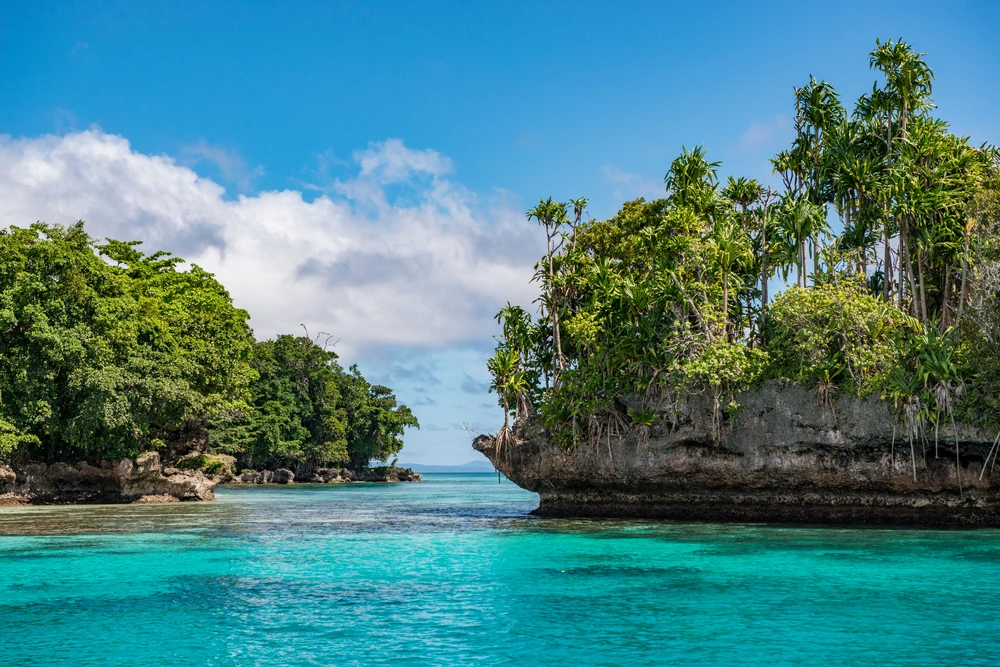Lake Kovada Overview
Lake Kovada National Park, known locally as Kovada Gölü Millî Parkı, is a peaceful and biologically diverse protected area located in the Isparta Province of southwestern Turkey.
The park covers approximately 23 square miles, or about 60 square kilometers, and lies within the Lake District of Anatolia, nestled between the Taurus Mountains and the Eğirdir Lake basin. Centered around Lake Kovada, a tectonic freshwater lake formed by fault activity, the park is characterized by a landscape of steep limestone hills, forested slopes, and tranquil shoreline wetlands.
The lake sits at an elevation of about 900 meters and is surrounded by both natural and cultivated land, creating a patchwork of habitats that support a high level of biodiversity. Its calm waters and tree-lined edges make it one of the most serene and scenic freshwater settings in the region.
Vegetation in Lake Kovada National Park is rich and varied, reflecting both Mediterranean and Anatolian influences. The forests that cloak the surrounding hillsides include black pine, Turkish oak, juniper, and cedar, alongside a variety of shrubs, herbs, and wildflowers.
In the wetter, low-lying areas near the lake, willow, poplar, and tamarisk trees flourish. During spring and early summer, the landscape bursts into color with blooming endemic species and aromatic plants such as thyme and sage. The diversity of plant life not only creates beautiful scenery but also provides food and shelter for numerous animal species.
Wildlife in the park is especially abundant due to the range of habitats found in and around Lake Kovada. Mammals such as wild boar, red foxes, martens, and badgers are commonly seen, while more elusive species like lynx and wolves are believed to inhabit the remote forested areas.
Birdlife is a major highlight, with species like kingfishers, herons, grebes, and various ducks populating the lake and its surroundings. Raptors such as buzzards and owls can be spotted overhead, and the park also attracts migratory birds during seasonal transitions.
The lake supports several native fish species and serves as a breeding ground for amphibians, reptiles, and aquatic invertebrates that form a crucial part of the ecosystem.
Popular features of the park include its quiet hiking trails, shoreline picnic areas, and panoramic viewpoints that look out over the lake and forested hills. The main trail along the lake’s edge offers easy access for walking and nature observation, while more rugged paths lead deeper into the hills and offer glimpses of remote forest areas.
The peaceful lake is also a favorite for nature photography, especially in autumn when the foliage turns to rich reds and golds.
Visitors engage with Lake Kovada National Park through hiking, birdwatching, photography, and relaxing by the lake. The lack of motorized watercraft helps preserve the park’s tranquility, making it ideal for those seeking a quiet, immersive nature experience. Families, nature groups, and eco-tourists often visit for day trips, taking advantage of the park’s clean air, mild climate, and rich scenery.
Conservation efforts in the park have been focused on preserving its forest cover, protecting the lake’s water quality, and monitoring wildlife populations. Challenges include nearby agricultural activity, invasive species, and the impacts of climate change on water levels.
However, the park’s national designation in 1970 has ensured long-term protection, and ongoing collaboration between conservation authorities and local communities supports sustainable use. Environmental education and responsible tourism practices continue to play a vital role in preserving the park’s natural beauty and ecological importance.
Park Map
Lake Kovada National Park Highlights
Share your clicks with us
Related National Parks More Turkey
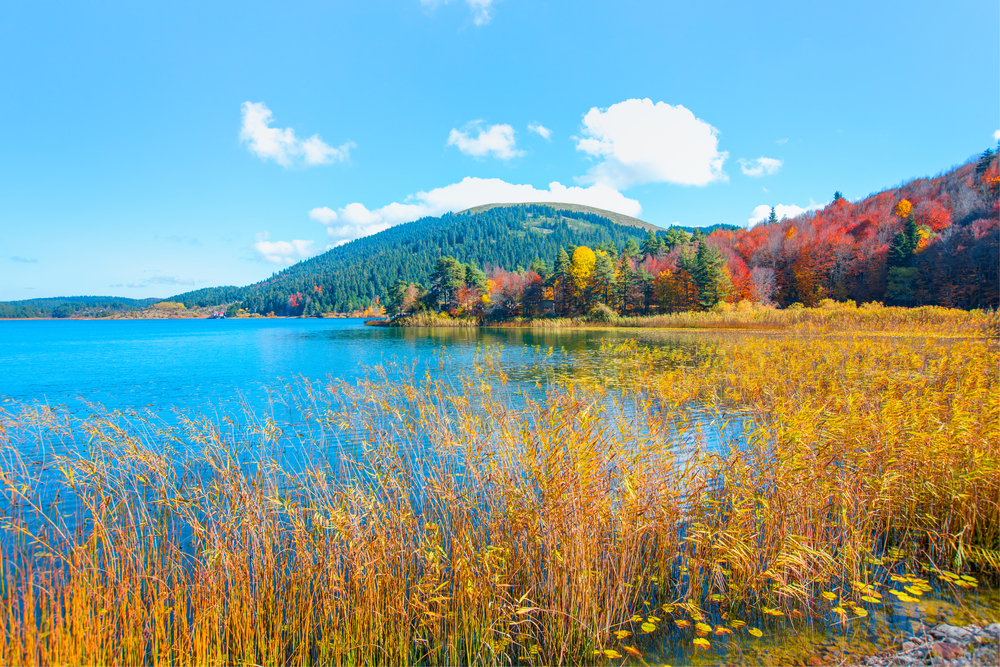
Lake Abant National Park

Lake Beyşehir National Park
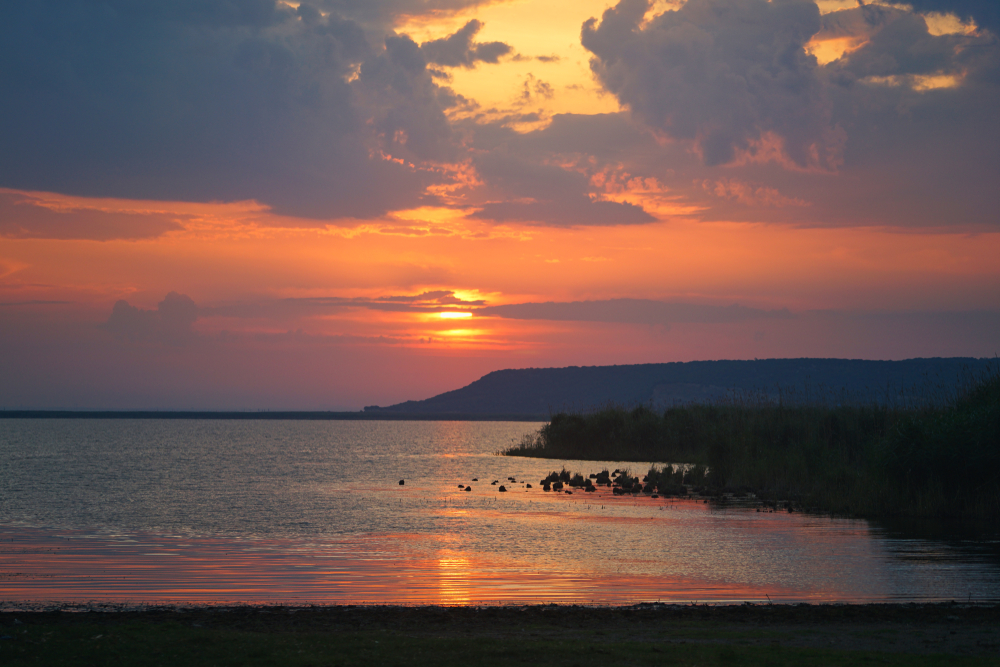
Lake Gala National Park
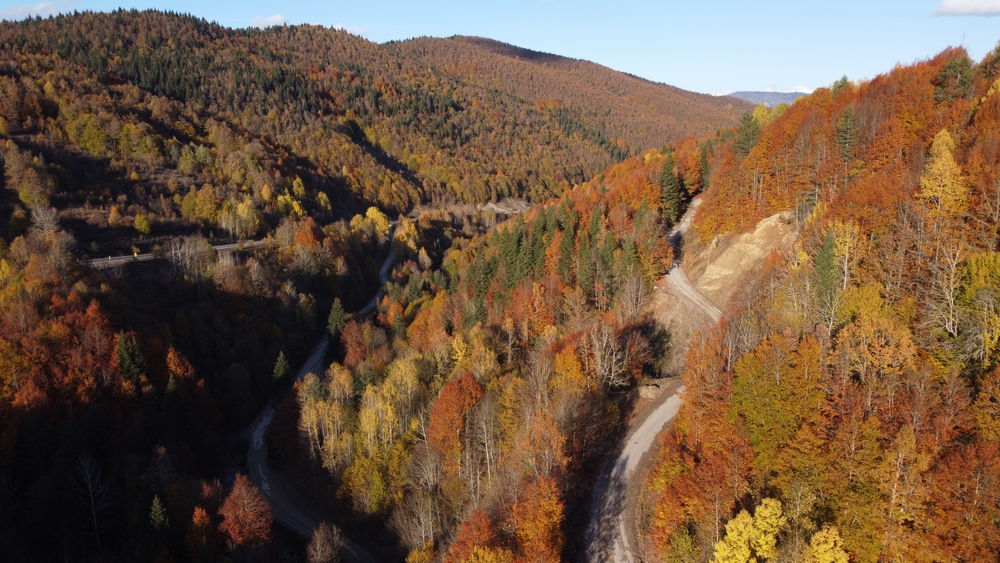
Küre Mountains National Park
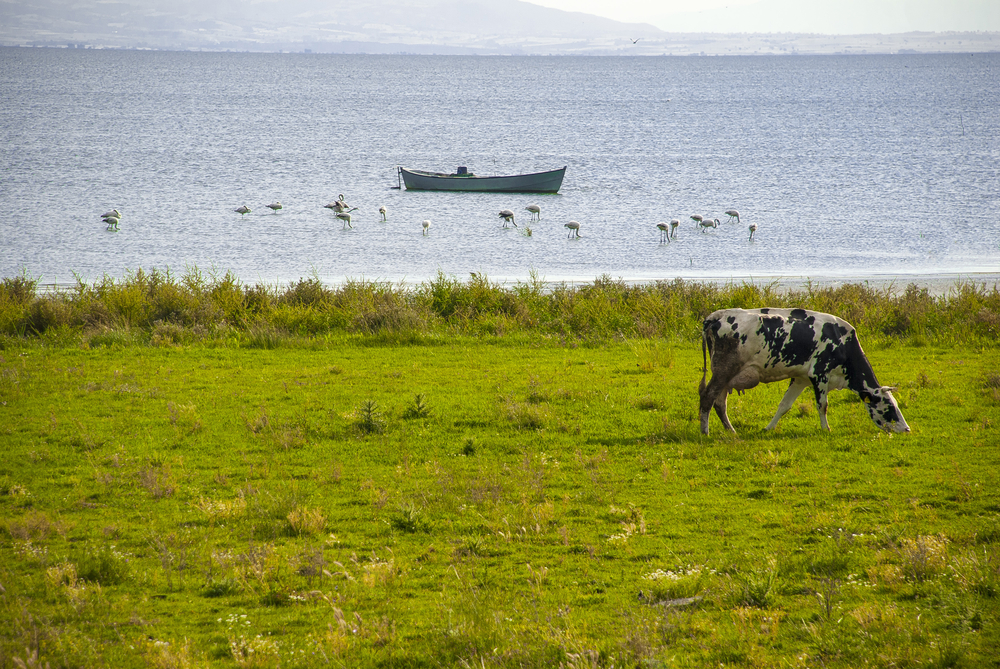
Kuşcenneti National Park
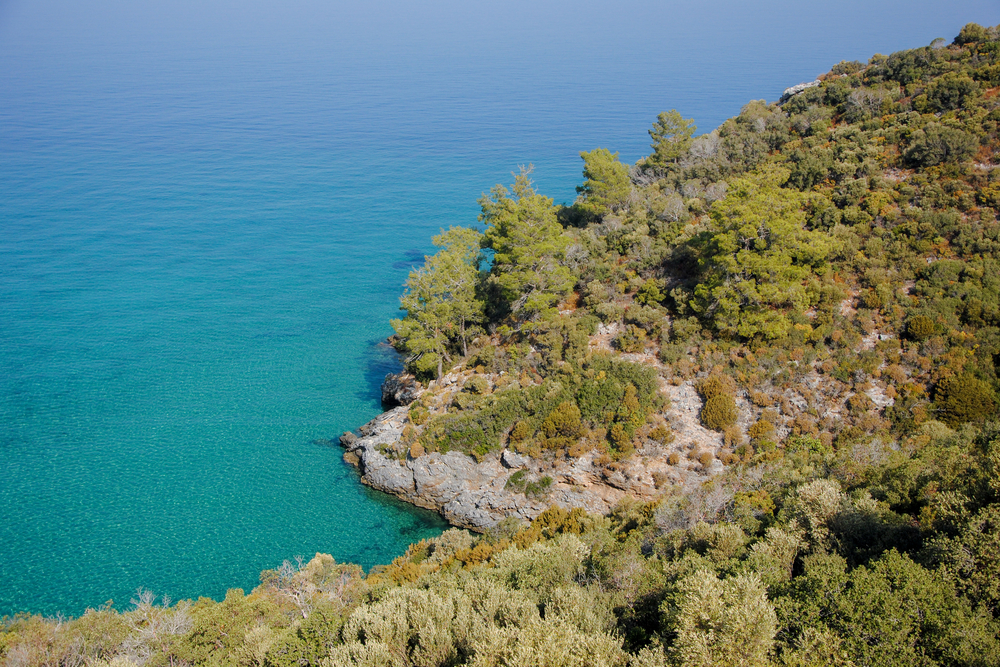
Dilek Peninsula–Büyük Menderes Delta National Park

Beydağları Coastal National Park

Karagöl–Sahara National Park

Köprülü Canyon National Park



